Academics & Guests
This year’s hosts are historian Christina Wessely, AI expert Ricardo Usbeck, peace and security researcher Hana Attia, and developmental psychologist Manuel Bohn. The professors lay the foundation for the study program and moderate the focus interviews on the stage of the Libeskind Auditorium.
The academics provide subject-specific guidance to the project groups: they offer an initial orientation to the project topic, clarify questions of understanding, and contribute both critical and visionary perspectives. In total, 30 professors, research associates, lecturers, and experts from across the university and beyond support the students in their first project studies.
Guests
Gregor Gysi
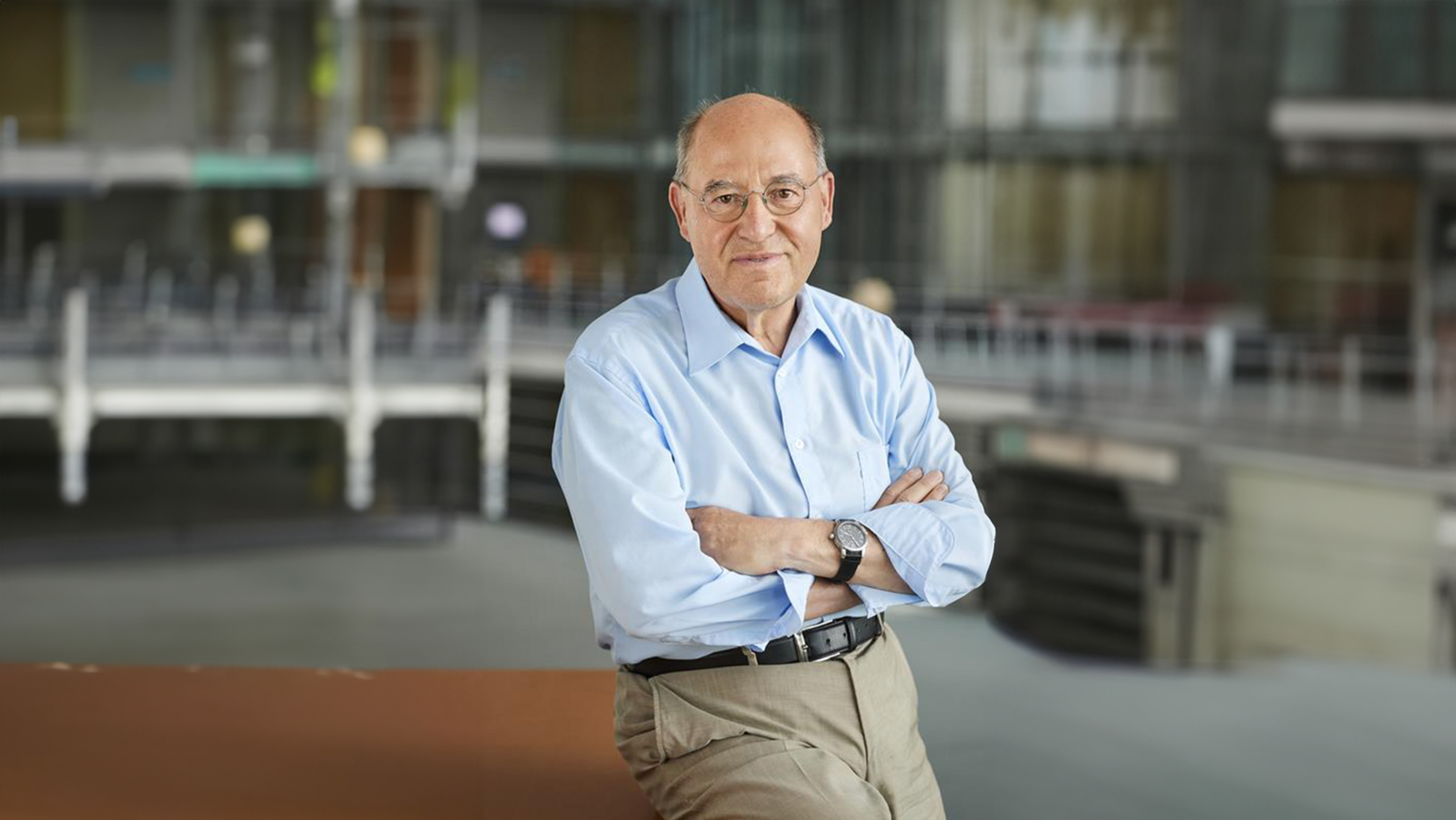 ©Deutscher Bundestag / Inga Haar
©Deutscher Bundestag / Inga Haar
Armin Grunwald
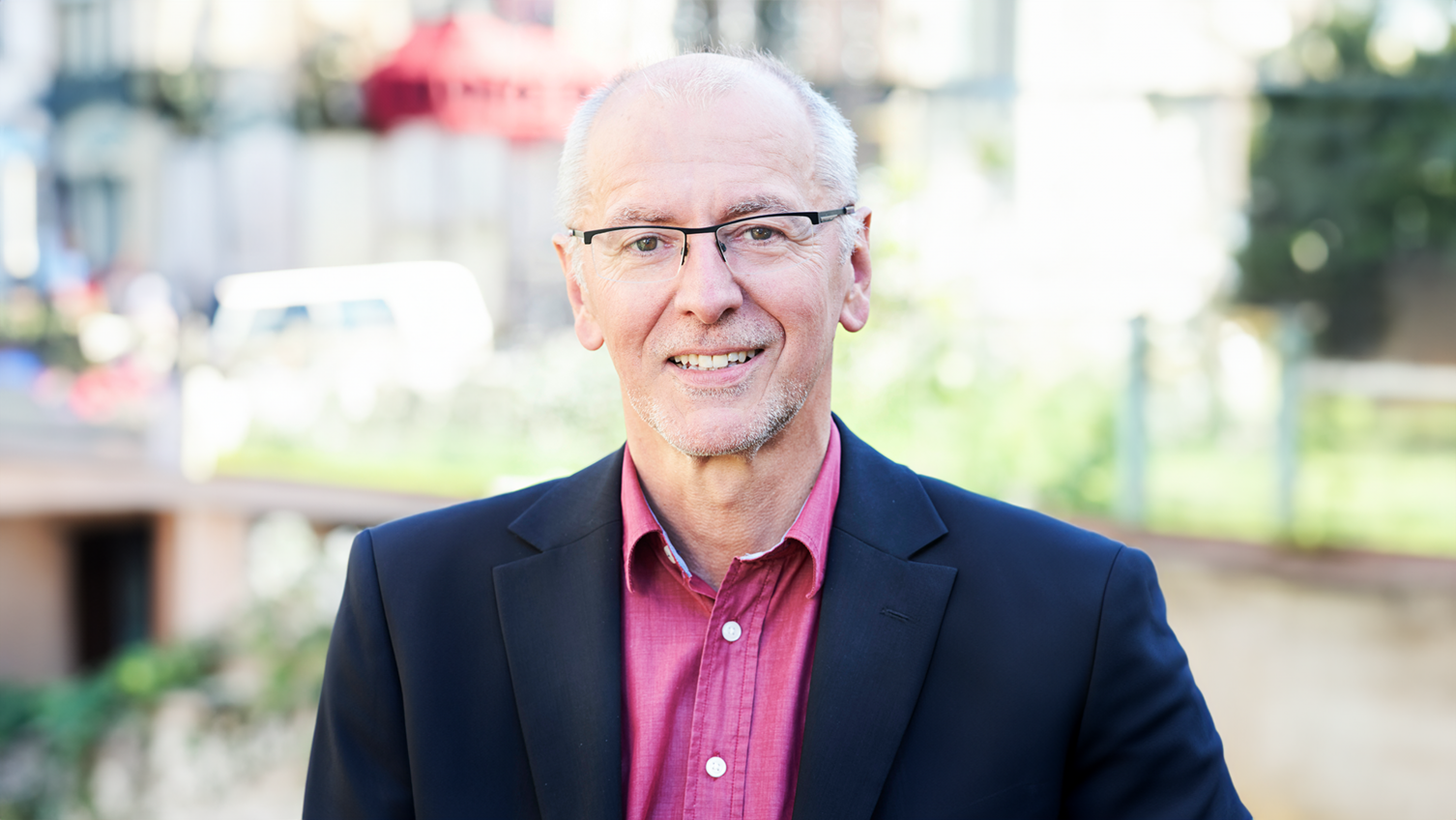 ©KIT
©KIT
Claudia Kalisch
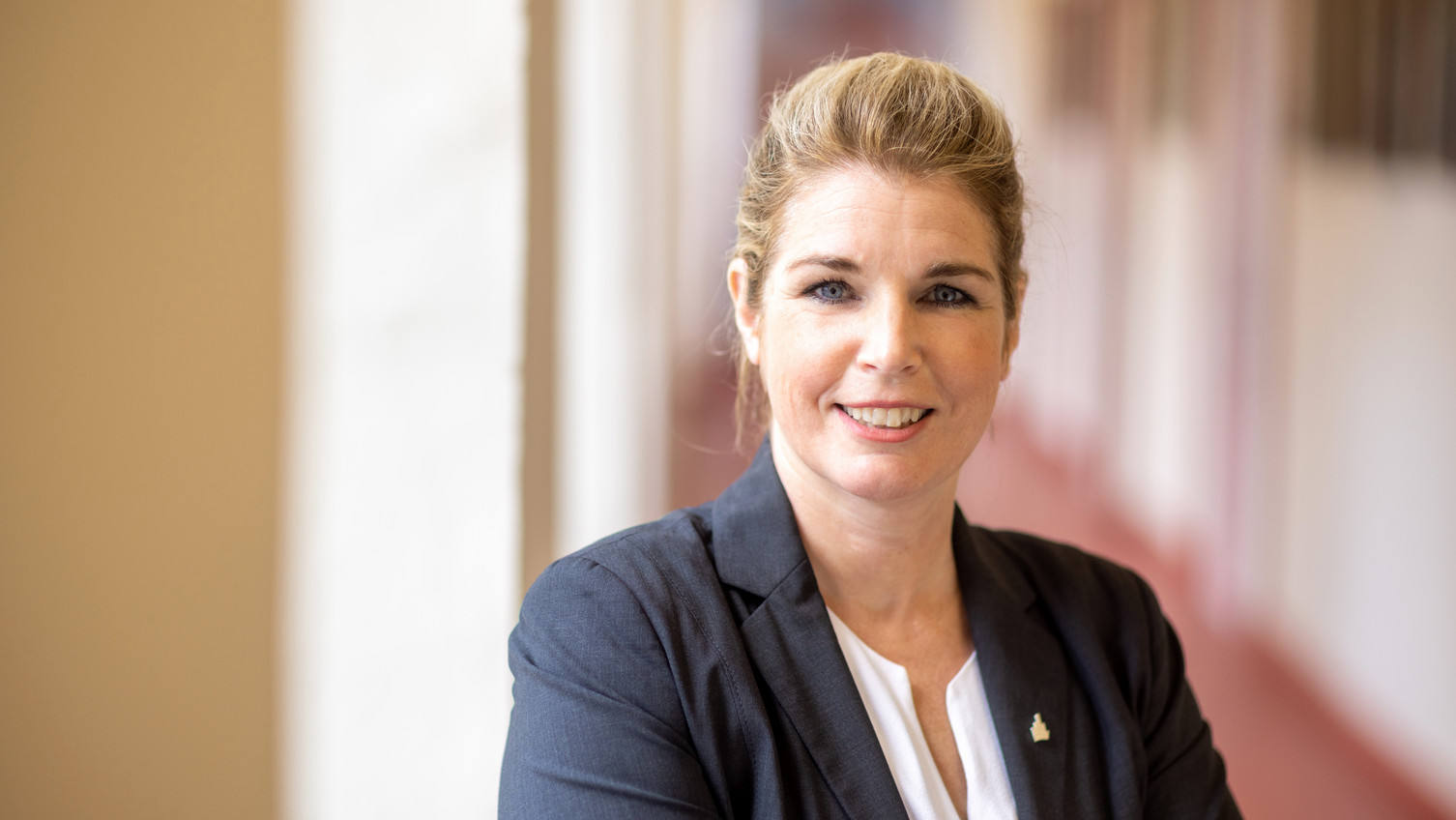 ©Claudia Kalisch
©Claudia Kalisch
Amanda Seed
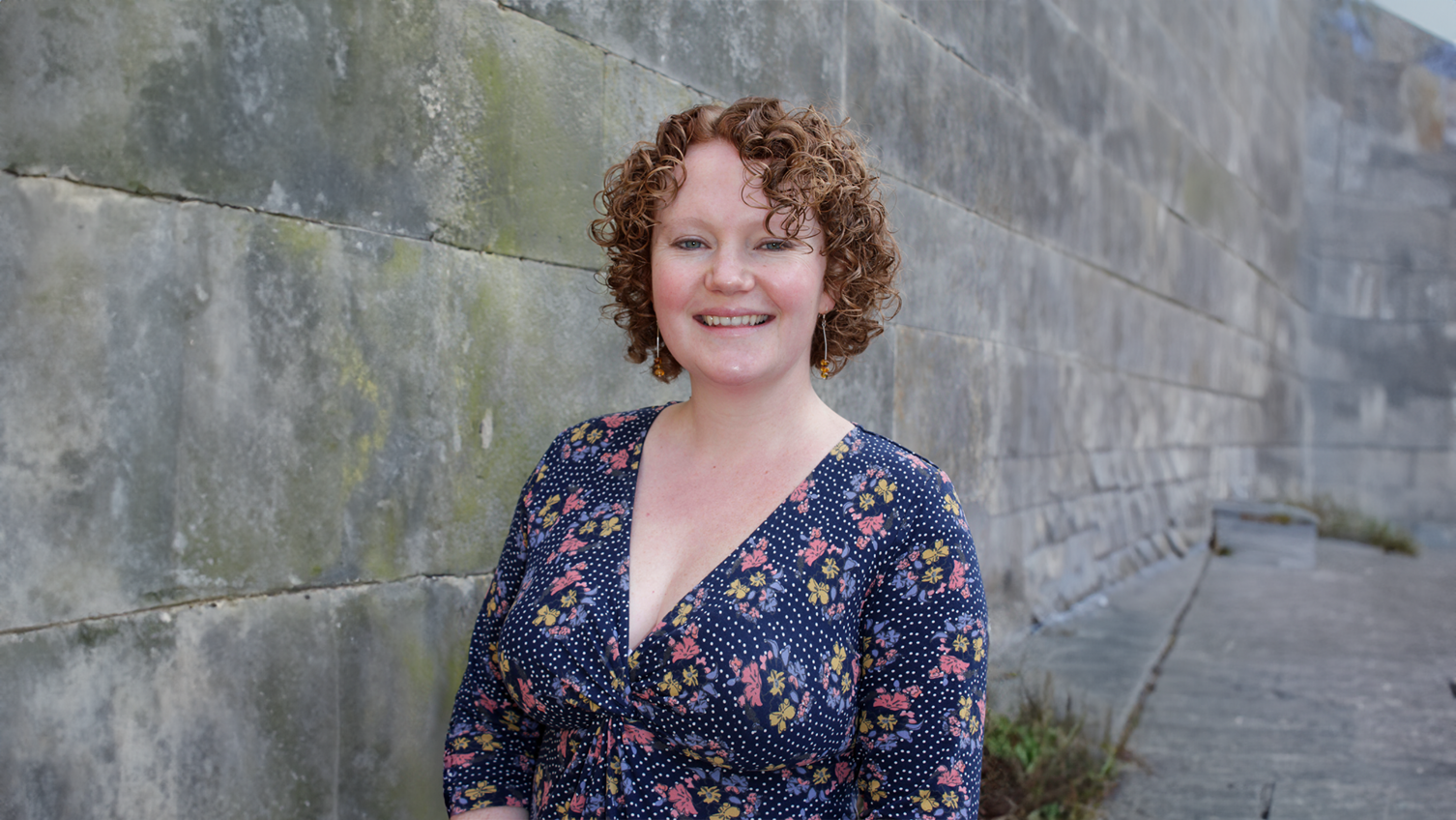 ©Amanda Seed
©Amanda Seed
Daniel Simu
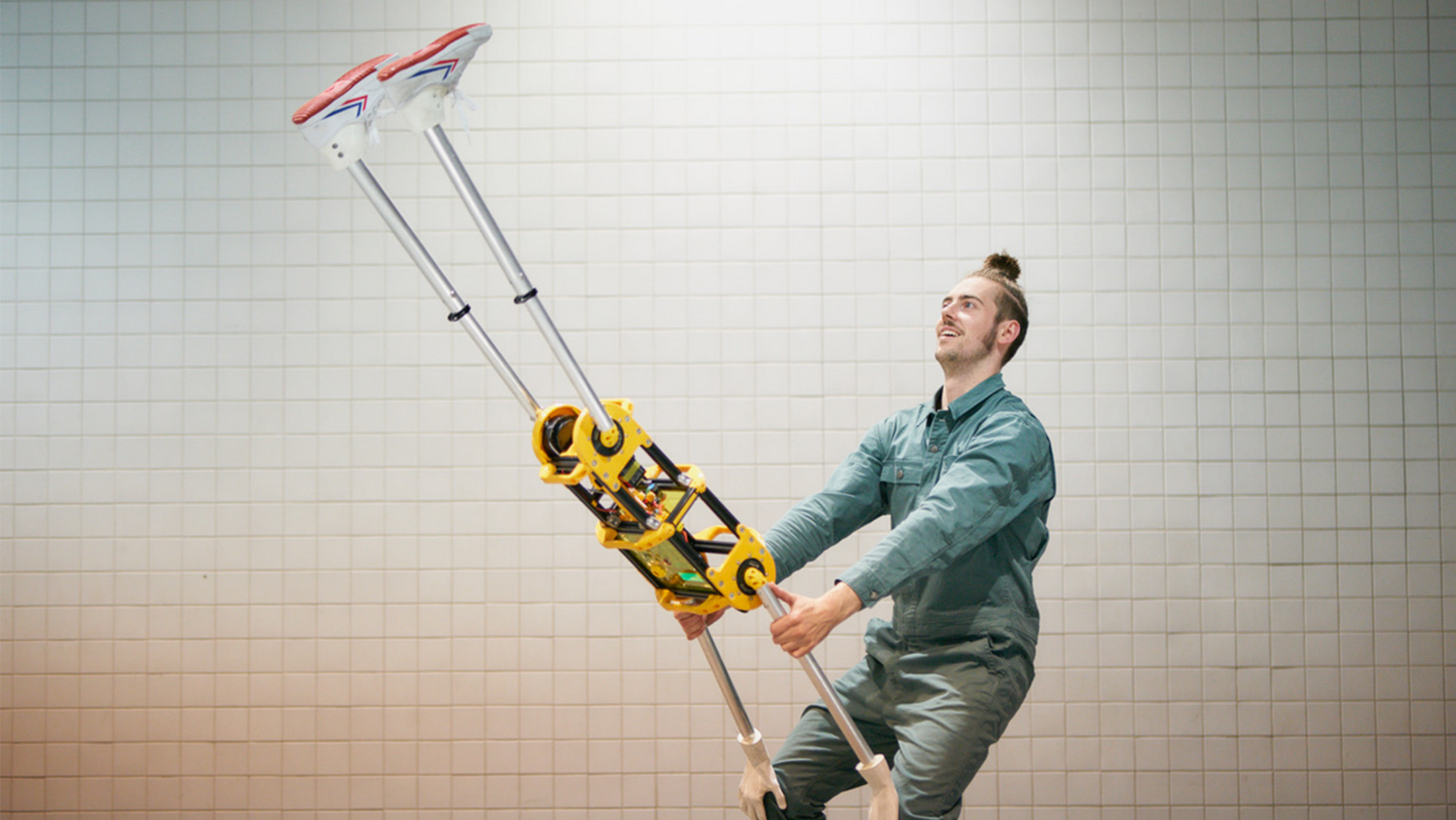 ©Jona Harnischmacher
©Jona Harnischmacher
Mona Saleh
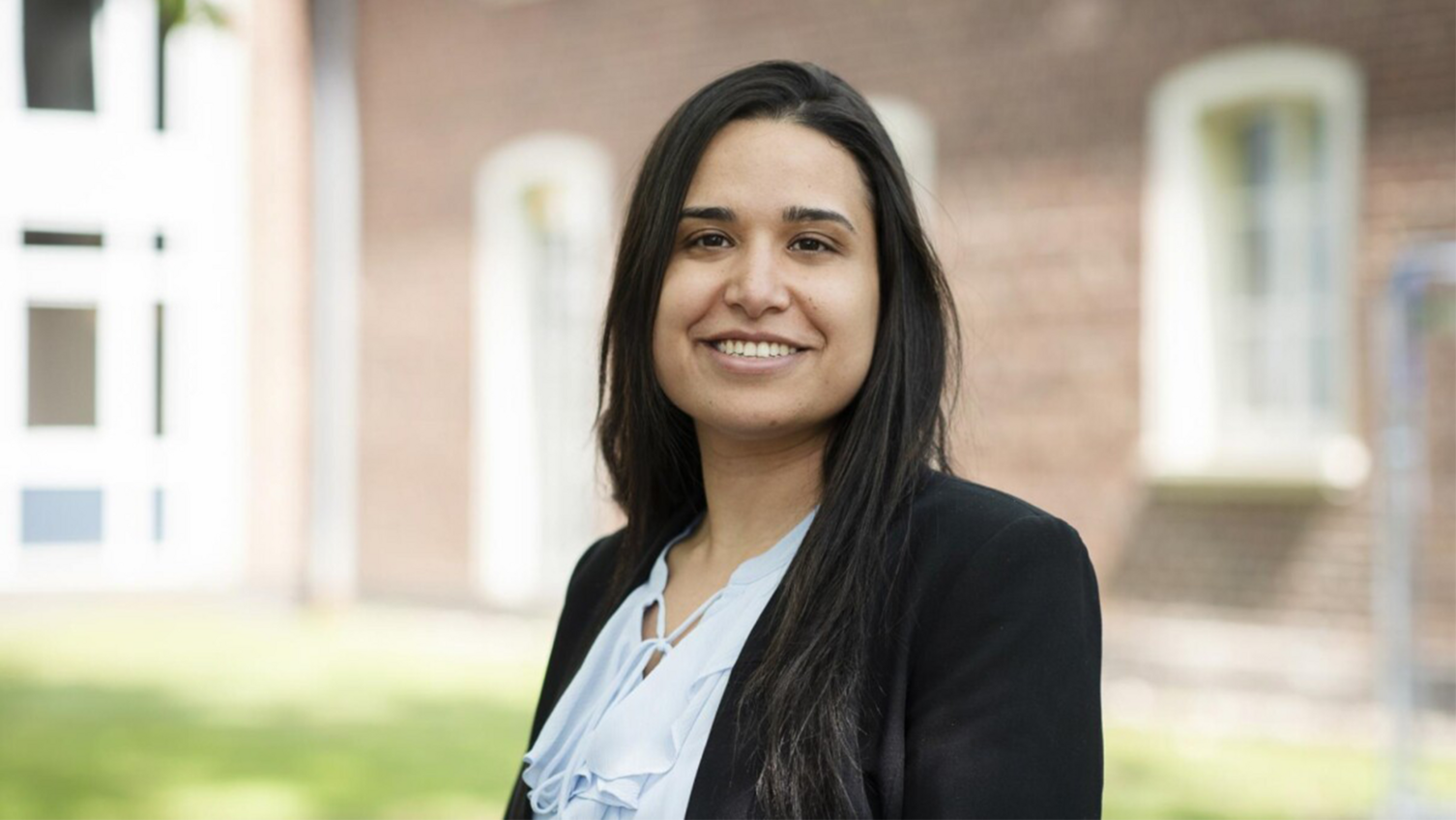 ©Universität Duisburg-Essen
©Universität Duisburg-Essen
Tanja Kubes
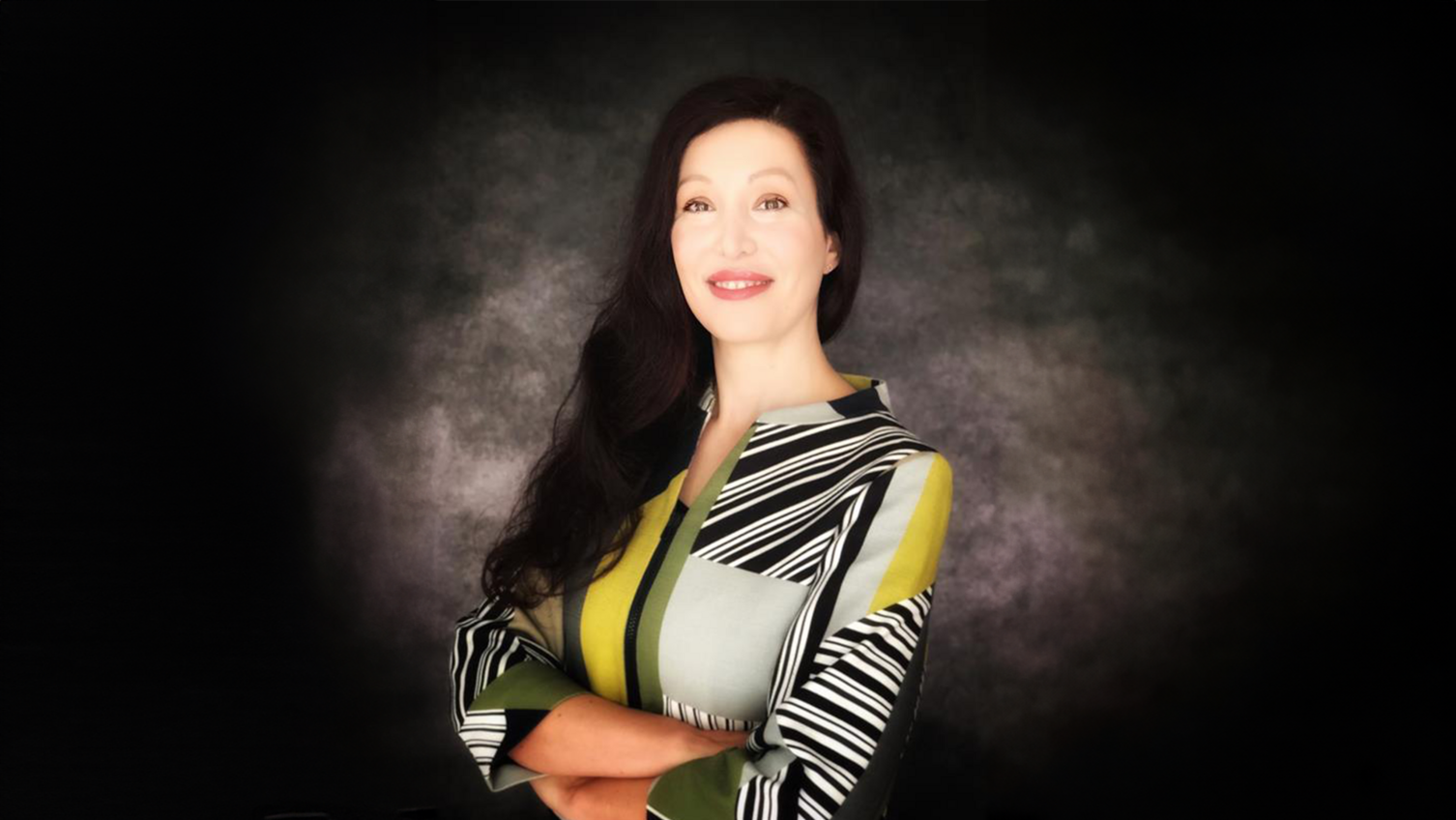 ©Kubes
©Kubes
Kärin Nickelsen
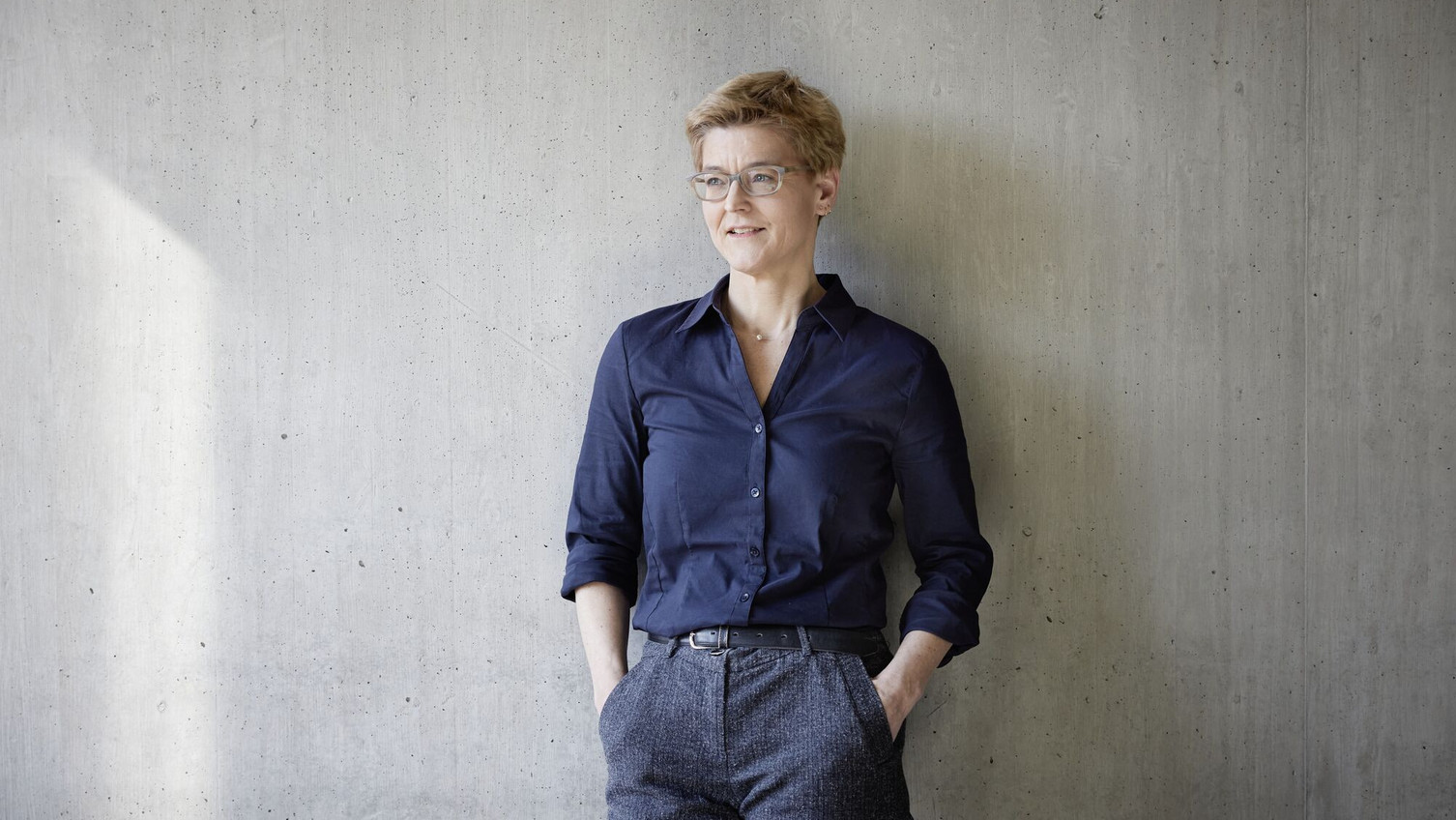 ©LMU/Oliver Jung
©LMU/Oliver Jung
Johanna Seibt
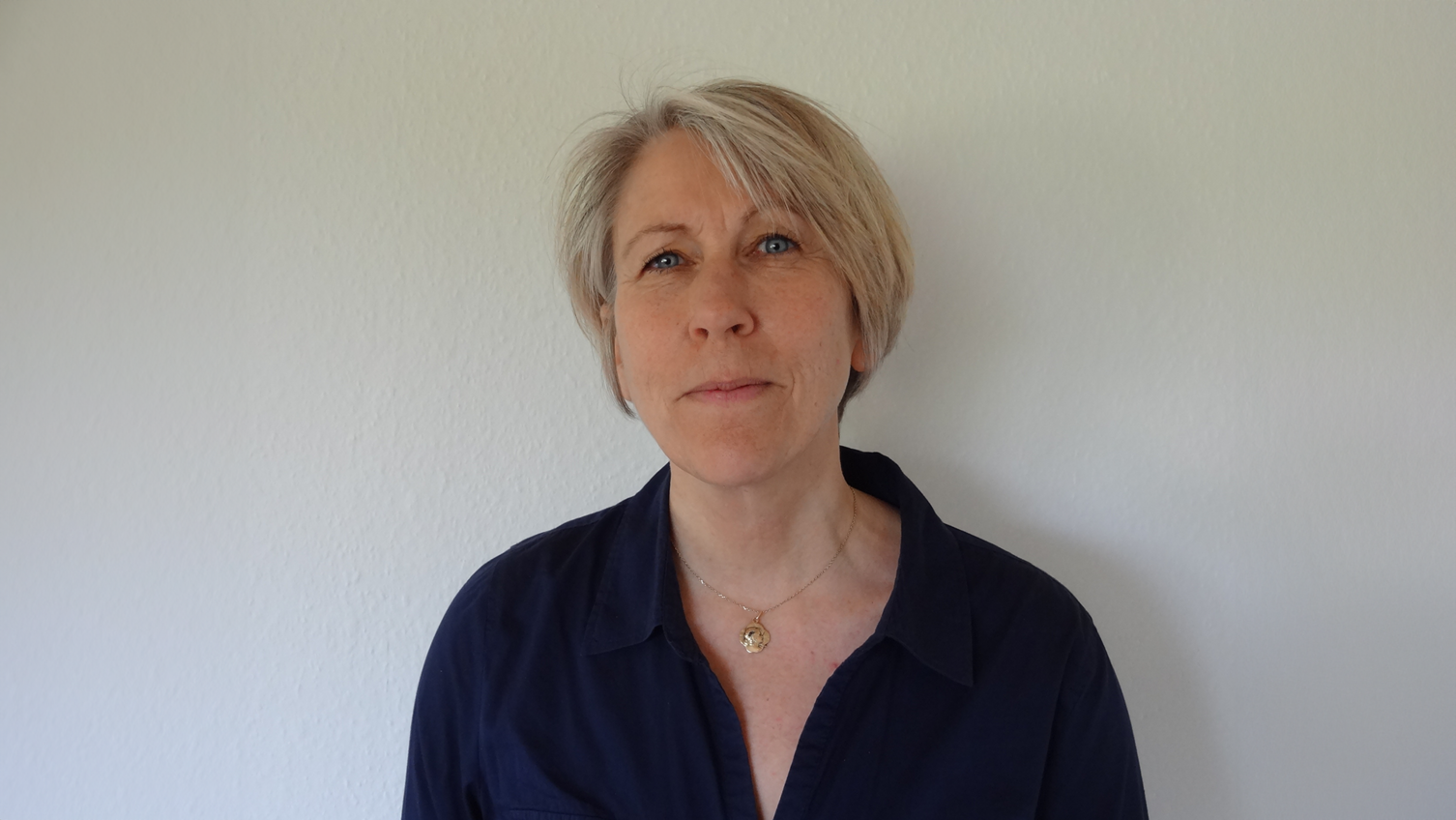 ©Johanna Seibt
©Johanna Seibt
Tobias Bunde
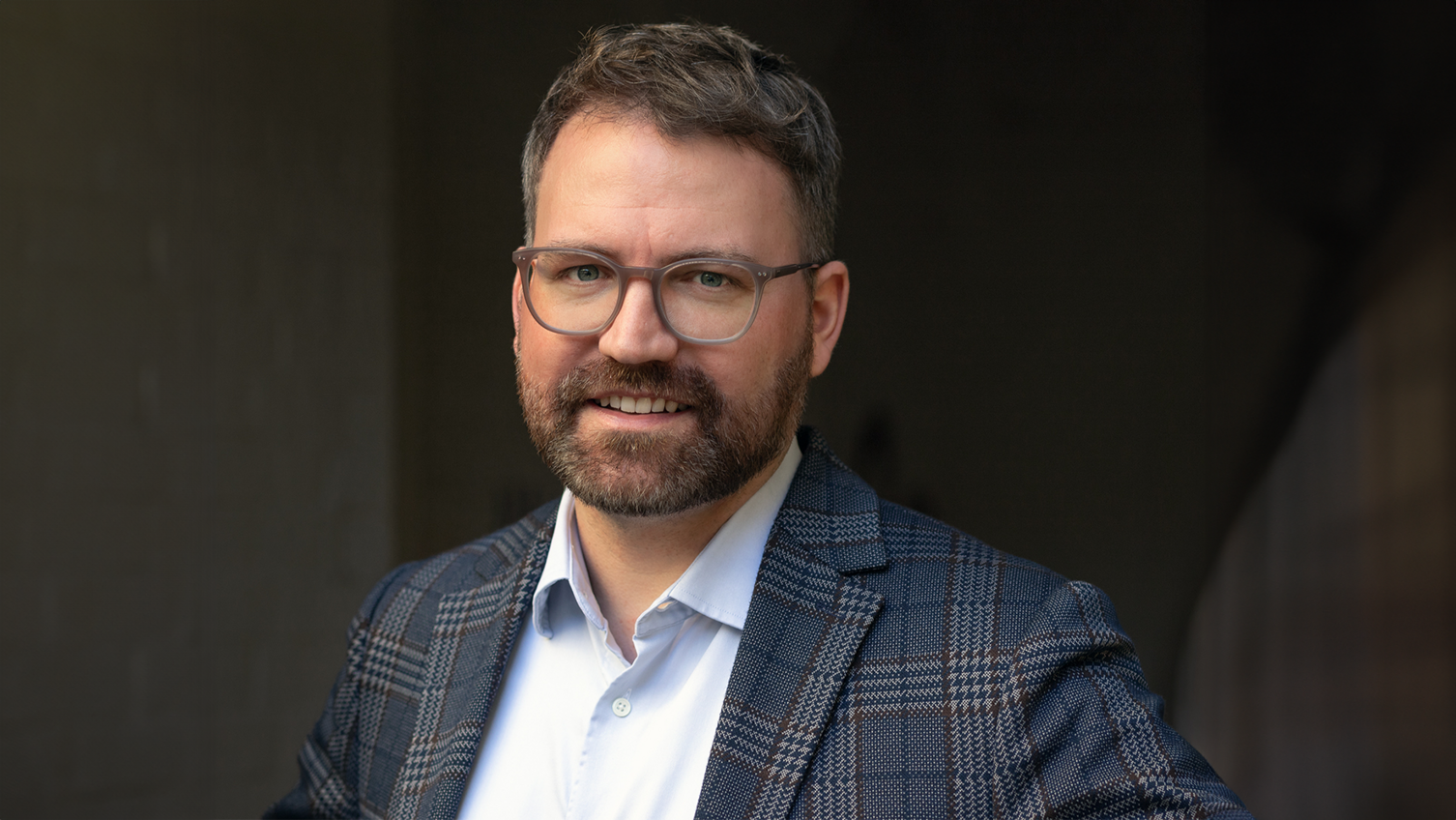 ©Maria Conradi
©Maria Conradi
Michael Hagner
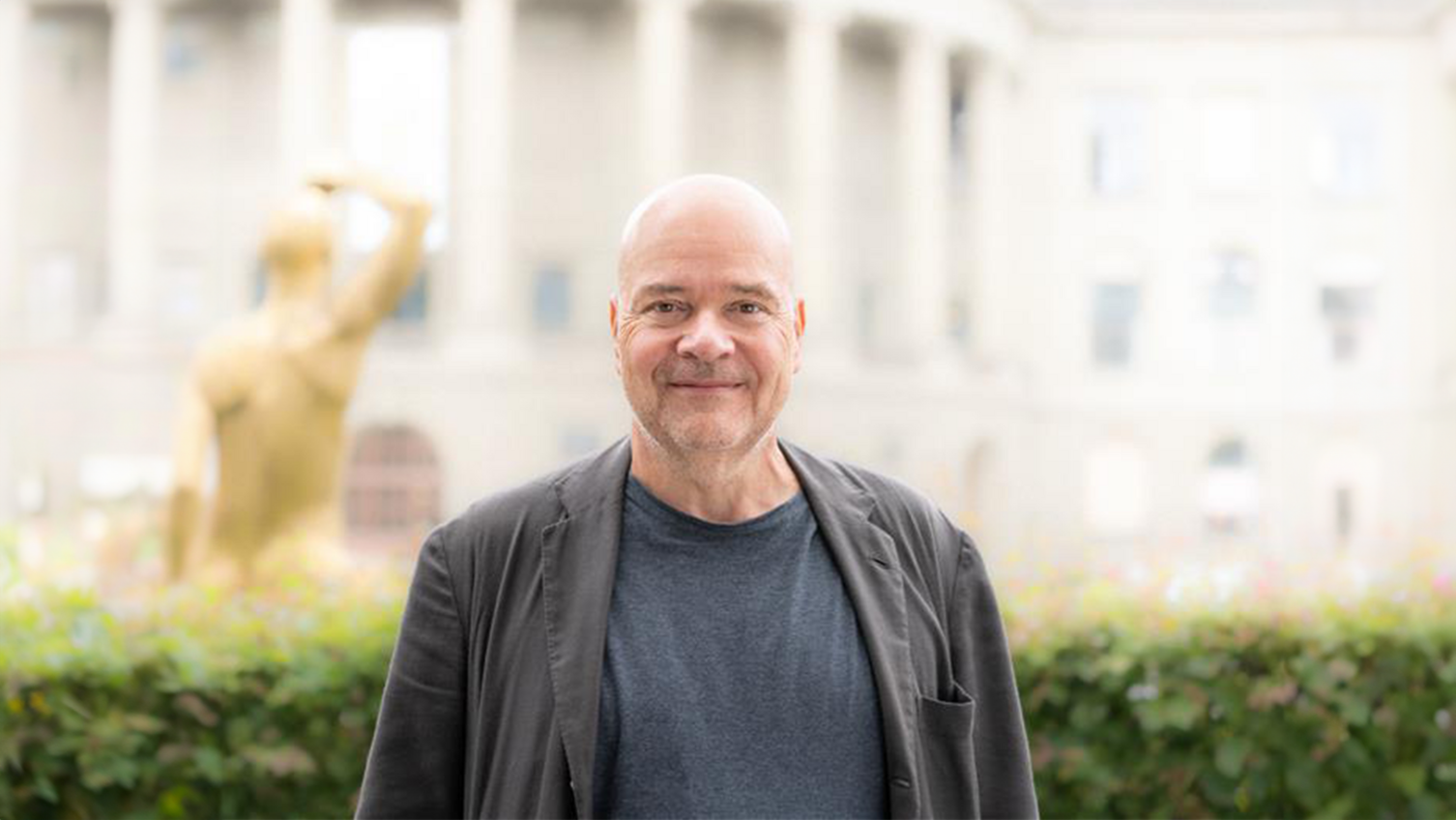 ©Michel Büchel/ ETH Zürich
©Michel Büchel/ ETH Zürich
Hosts
Hana Attia
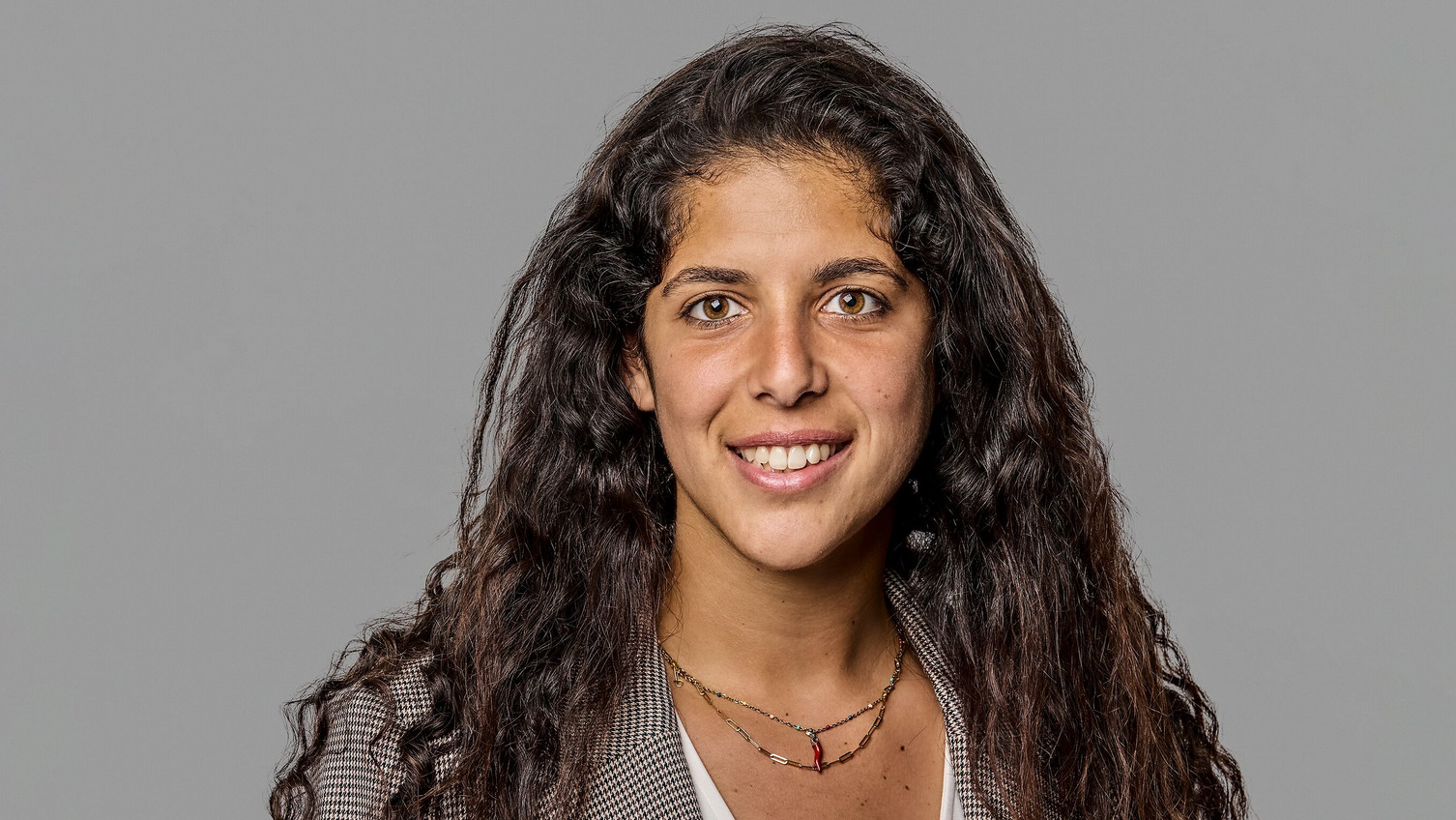 ©Brinkhoff-Moegenburg/Leuphana
©Brinkhoff-Moegenburg/Leuphana
Manuel Bohn
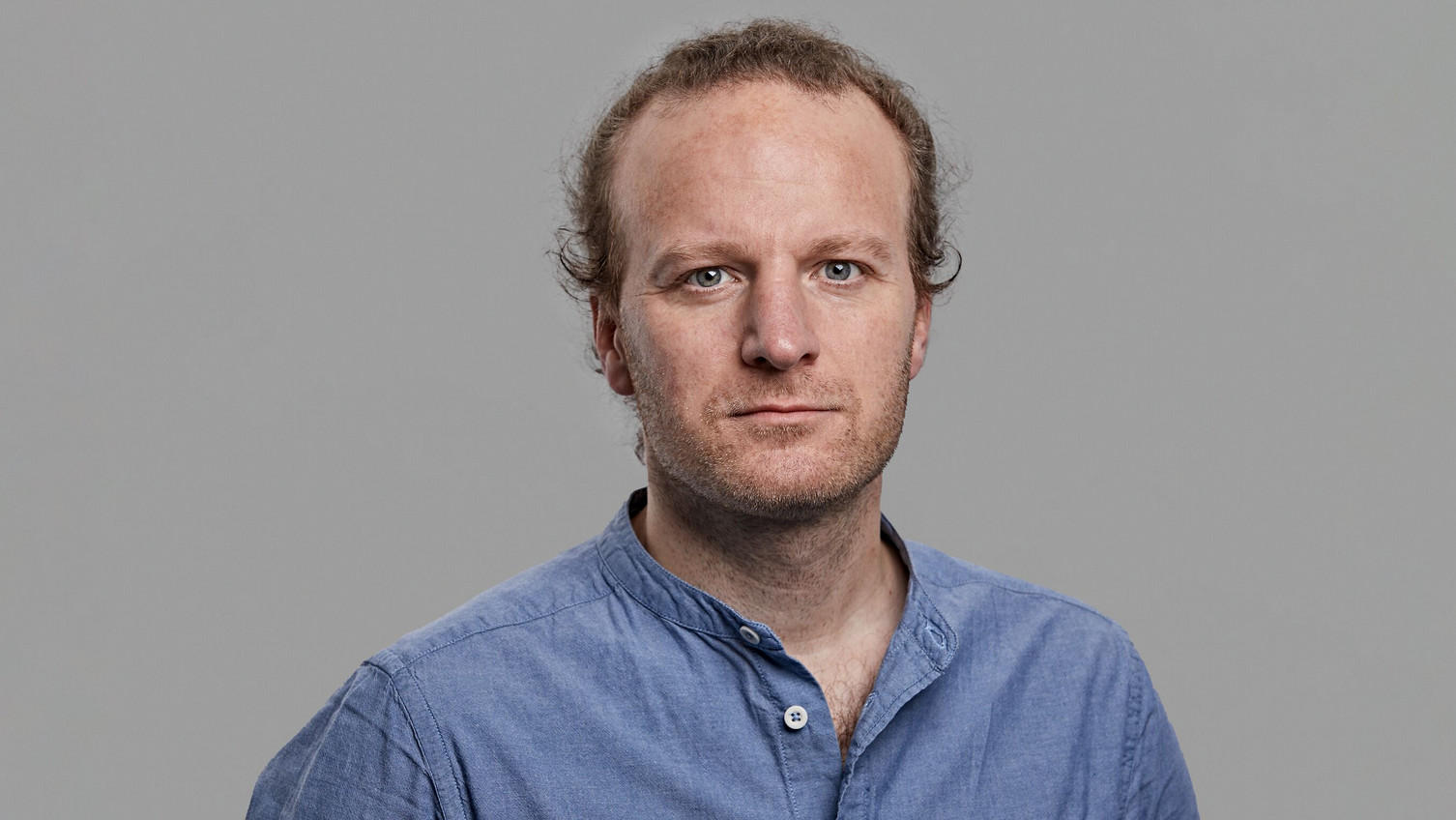 ©Brinkhoff-Moegenburg/Leuphana
©Brinkhoff-Moegenburg/Leuphana
Ricardo Usbeck
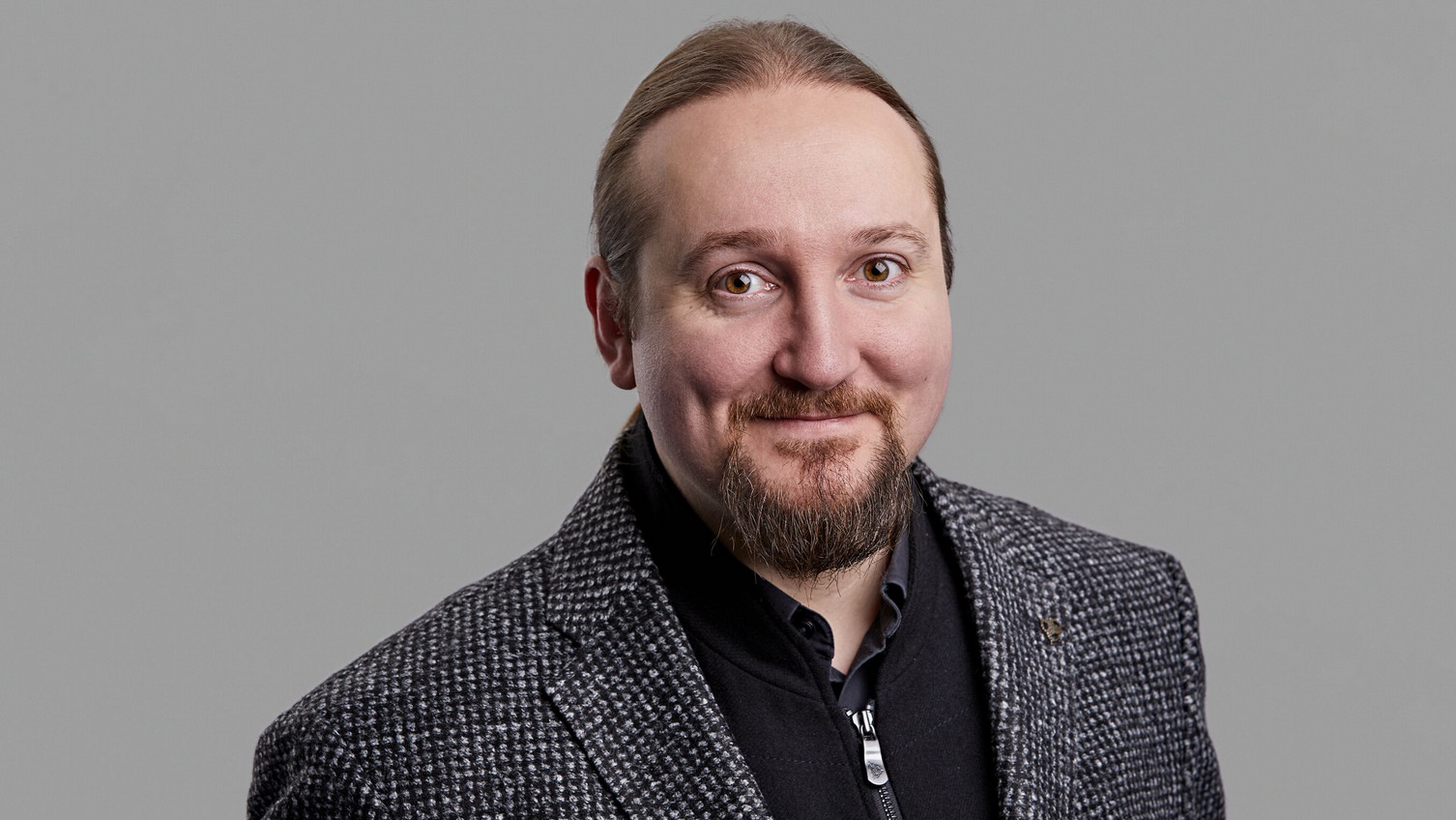 ©Brinkhoff-Moegenburg/Leuphana
©Brinkhoff-Moegenburg/Leuphana
Christina Wessely
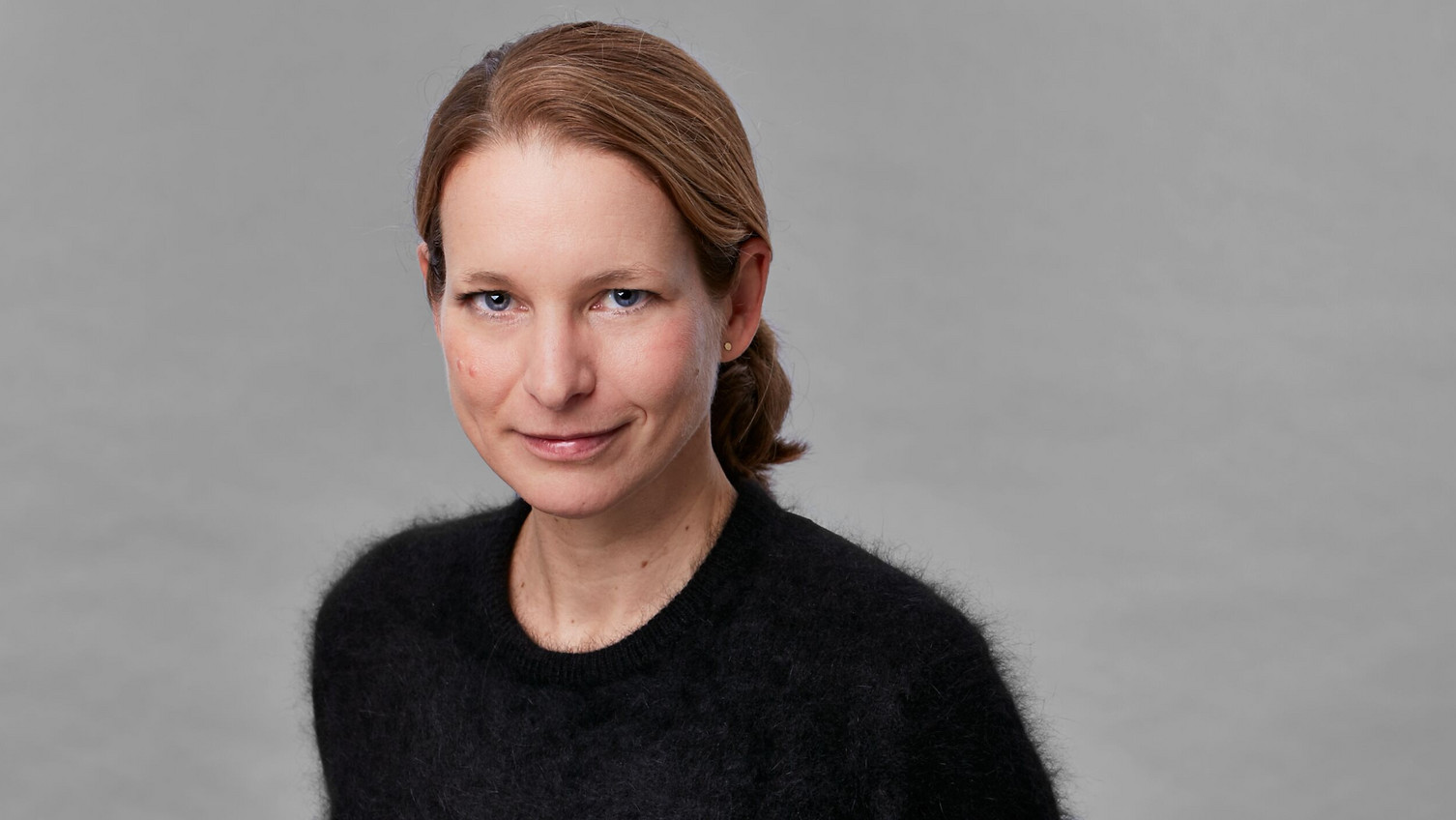 ©Leuphana/Brinkhoff/Mögenburg
©Leuphana/Brinkhoff/Mögenburg
Academics
Lars Alberth
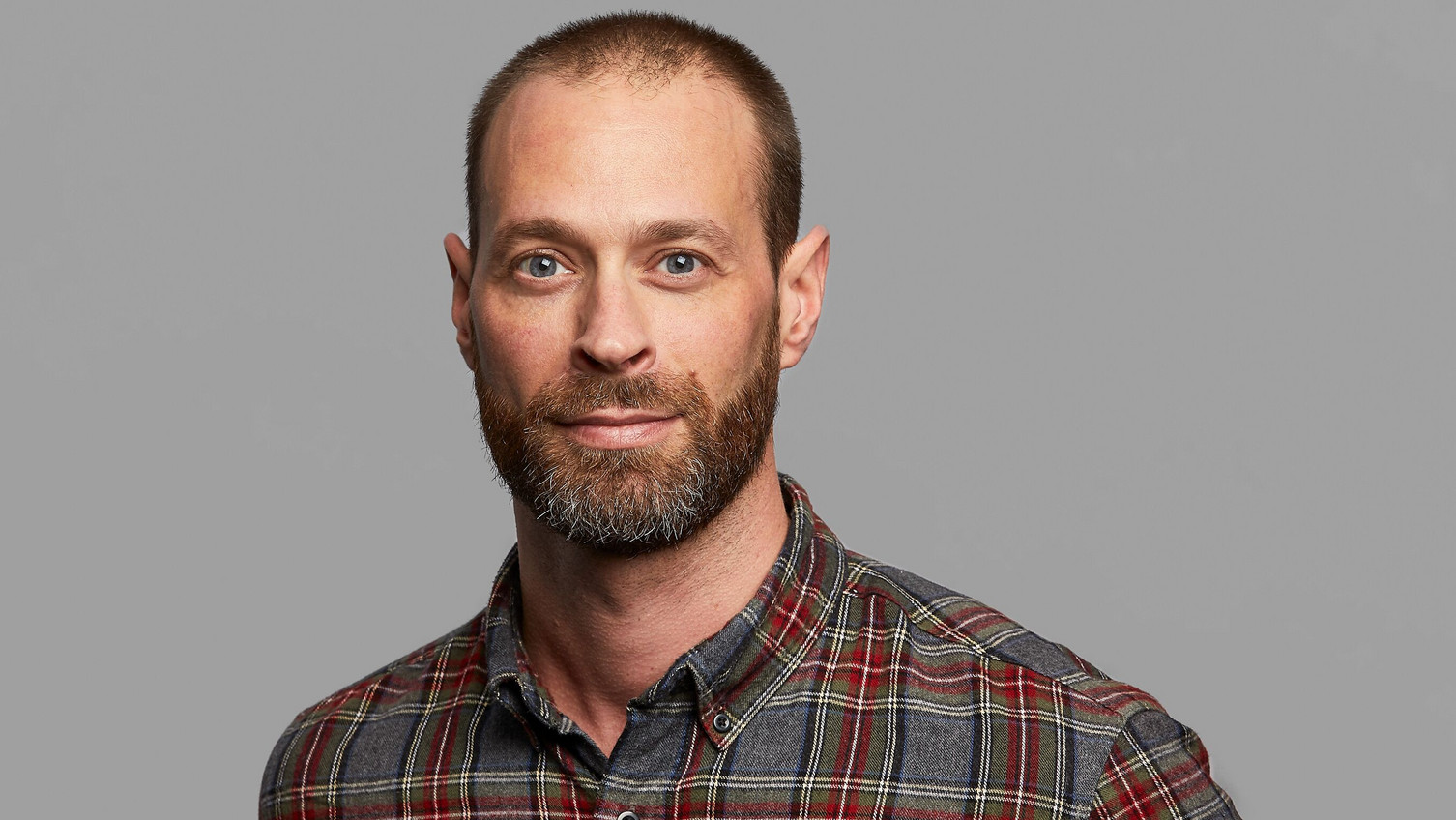 ©Leuphana/Brinkhoff/Mögenburg
©Leuphana/Brinkhoff/Mögenburg
Alice Bertram
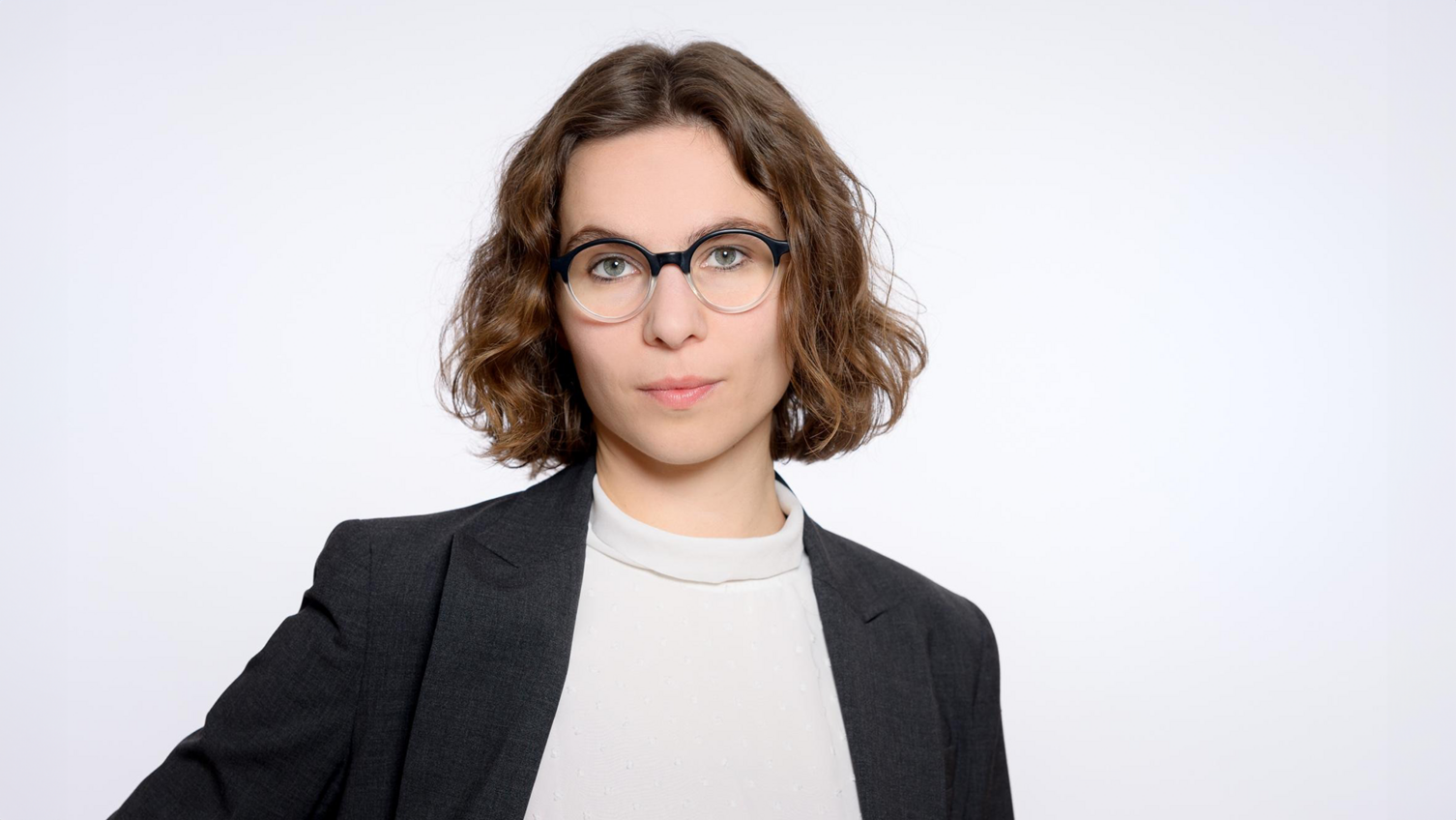 ©Heidi Scherm
©Heidi Scherm
Veronica Bremer
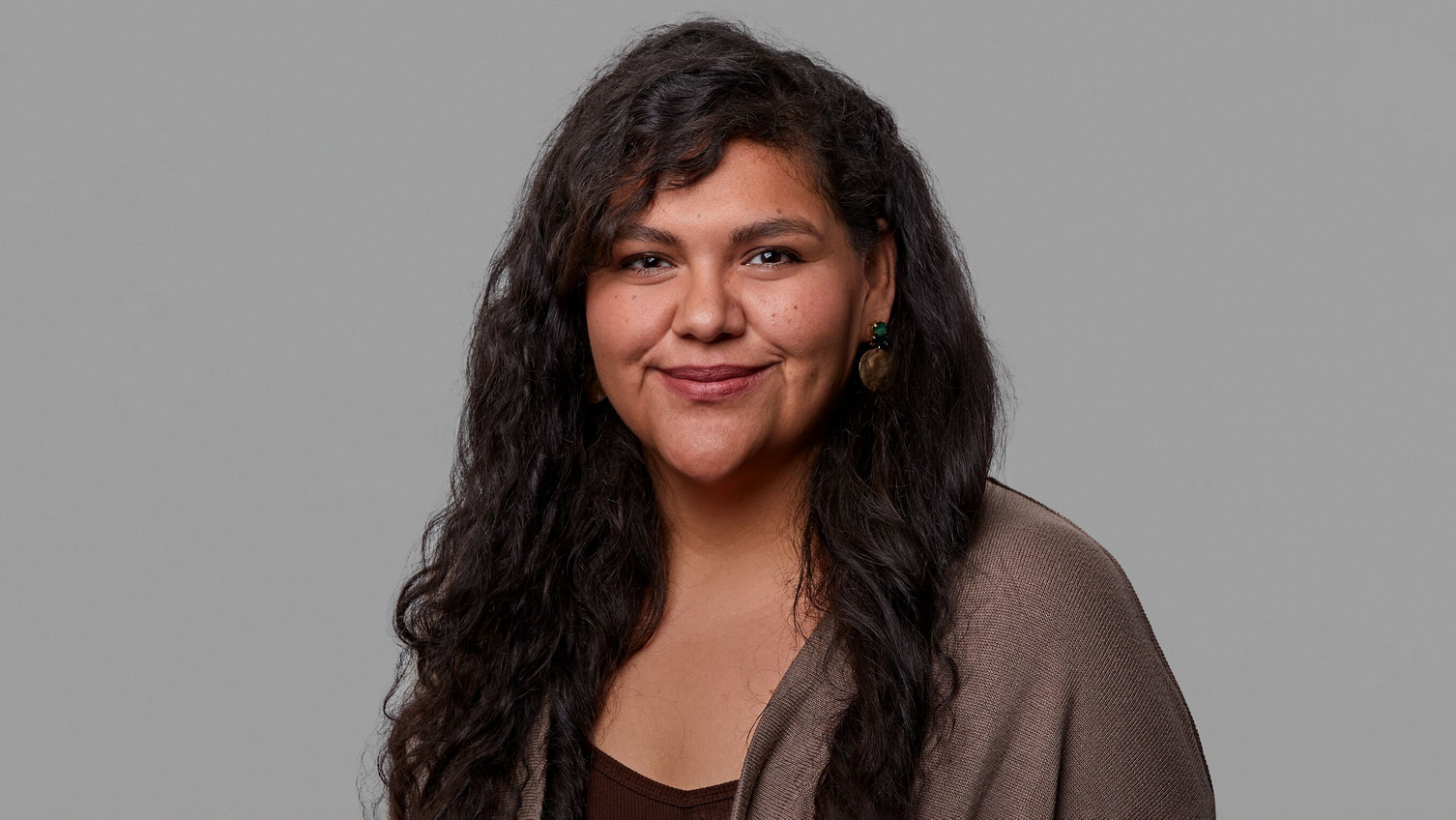 ©Brinkhoff-Moegenburg/Leuphana
©Brinkhoff-Moegenburg/Leuphana
Andrew Brogan
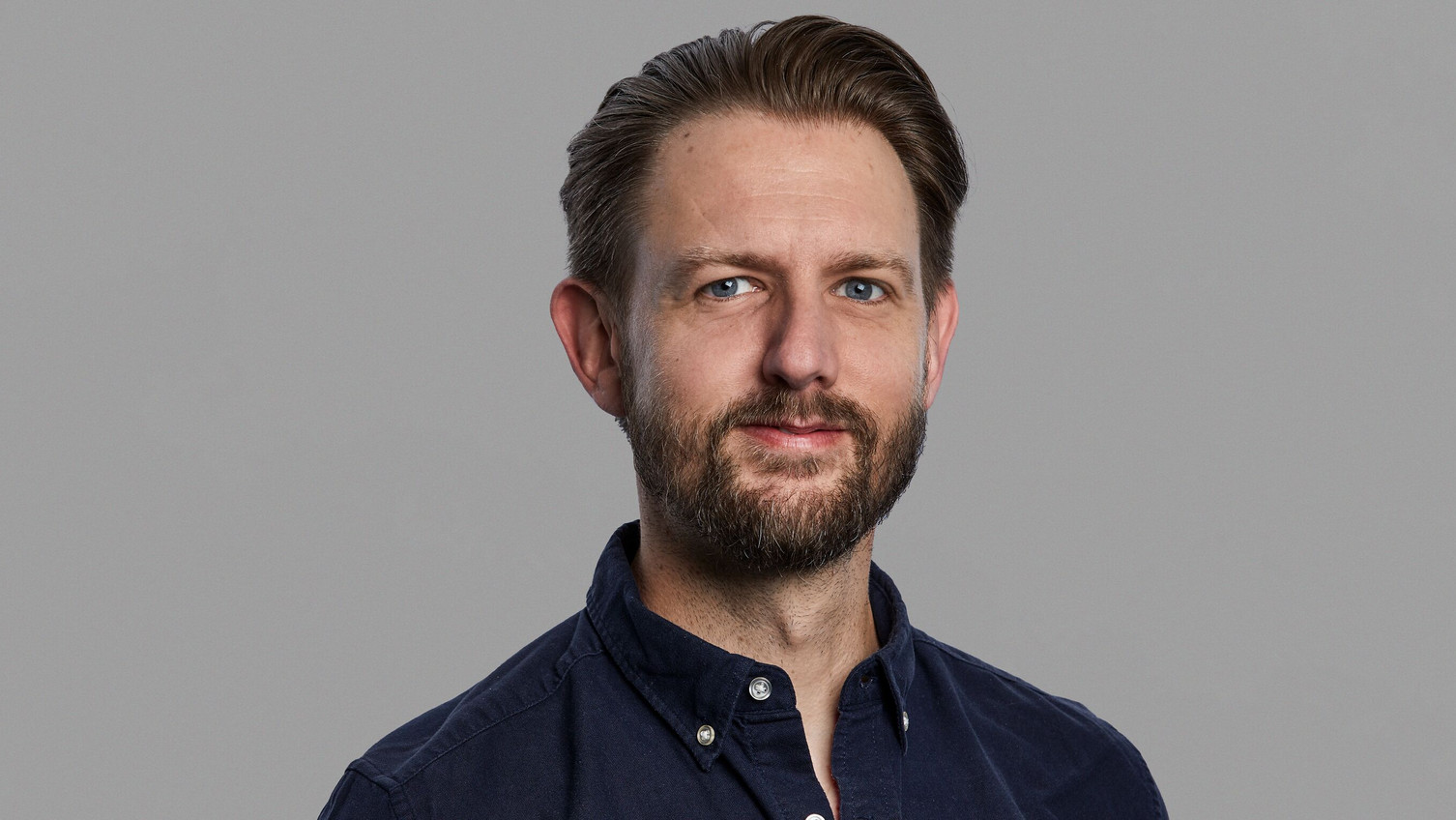 ©Brinkhoff-Moegenburg/Leuphana
©Brinkhoff-Moegenburg/Leuphana
Franca Bülow
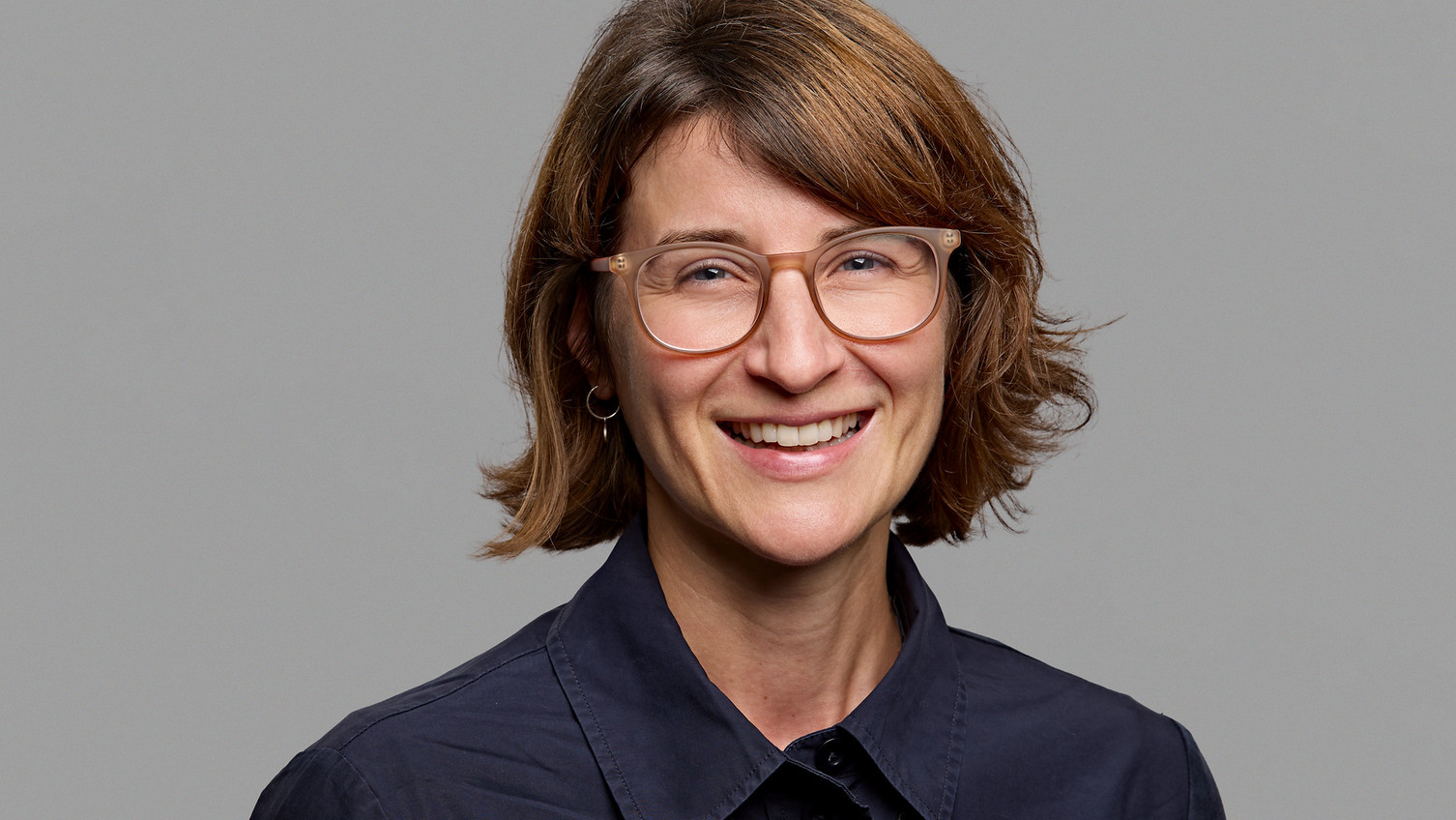 ©Brinkhoff-Moegenburg/Leuphana
©Brinkhoff-Moegenburg/Leuphana
Viola Hakkarainen
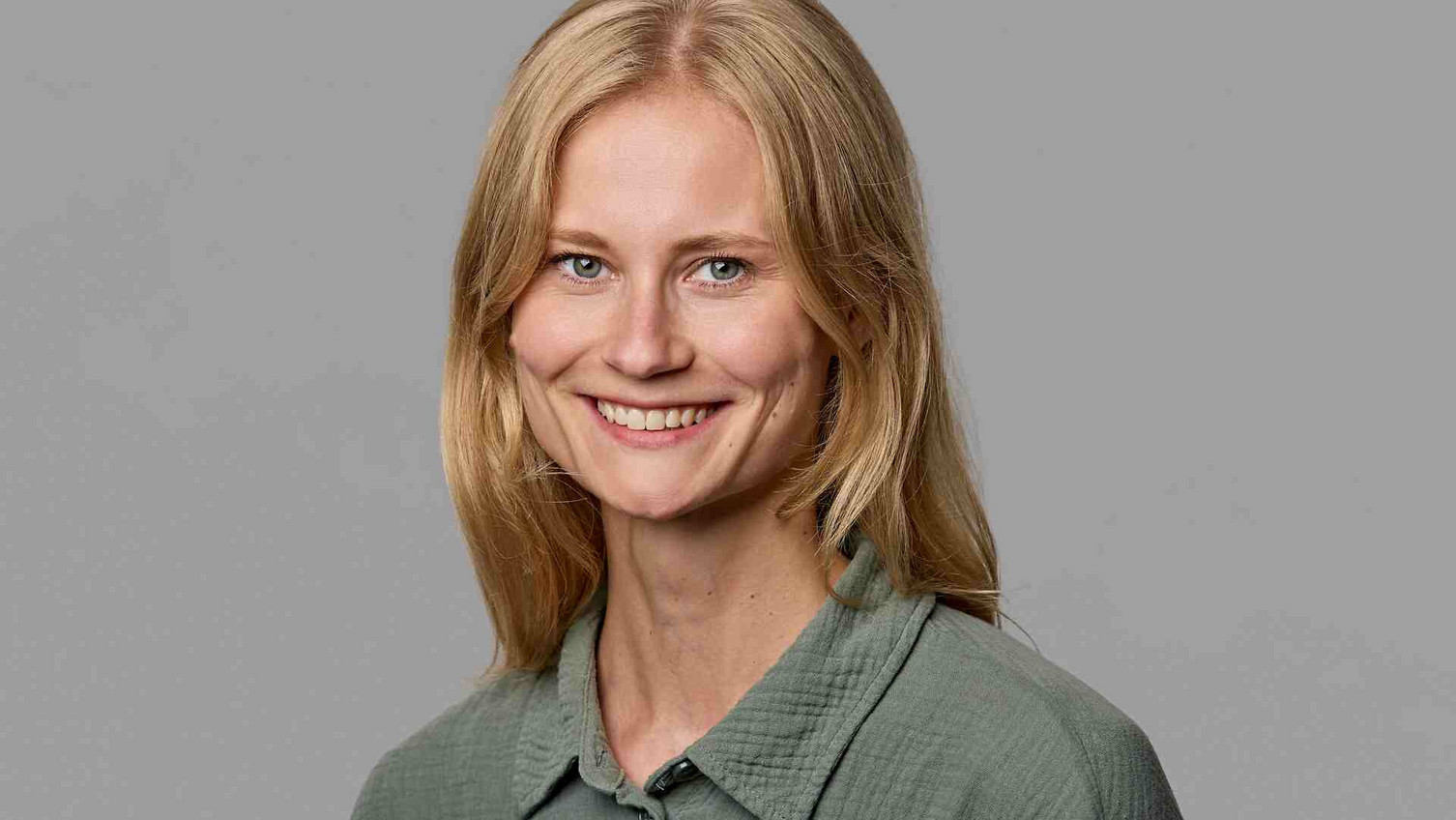 ©Brinkhoff-Moegenburg/Leuphana
©Brinkhoff-Moegenburg/Leuphana
Liselotte Hermes da Fonseca
 ©Liselotte Hermes da Foncesca
©Liselotte Hermes da Foncesca
Claire Grauer
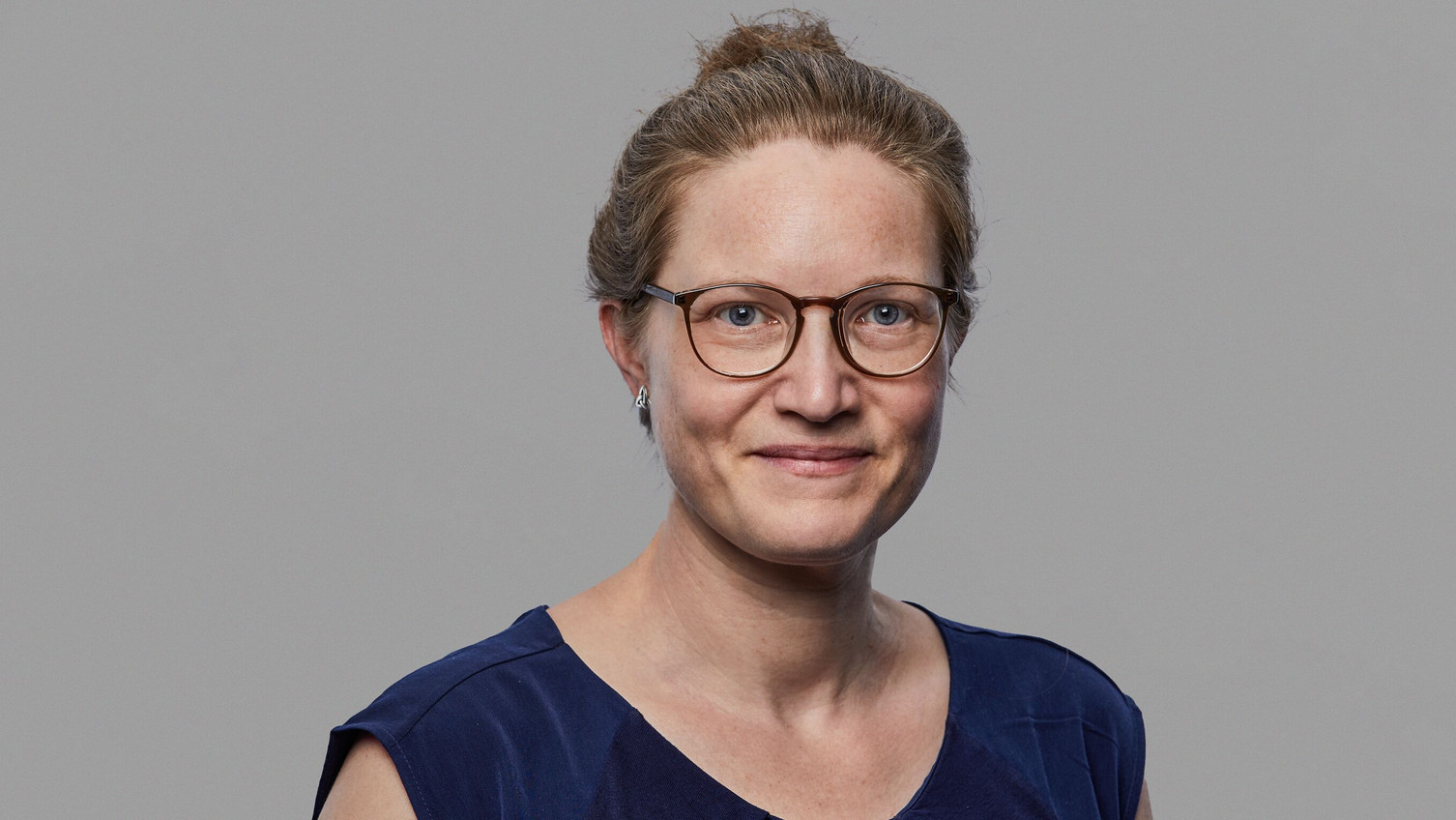 ©Brinkhoff-Moegenburg/Leuphana
©Brinkhoff-Moegenburg/Leuphana
Ulf Hahnel
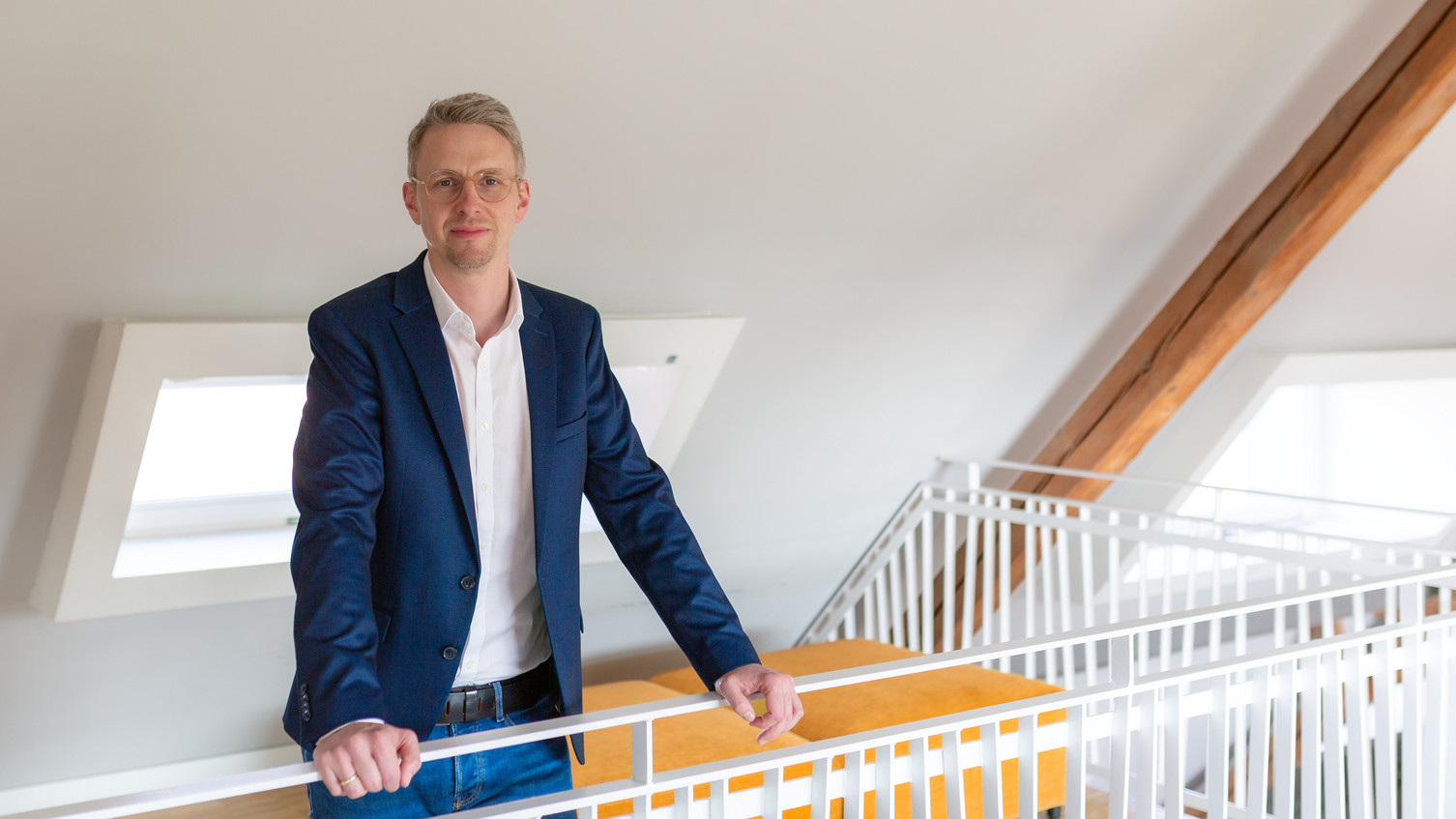 ©Leuphana/Tengo Tabatadze
©Leuphana/Tengo Tabatadze
Lukas Hakelberg
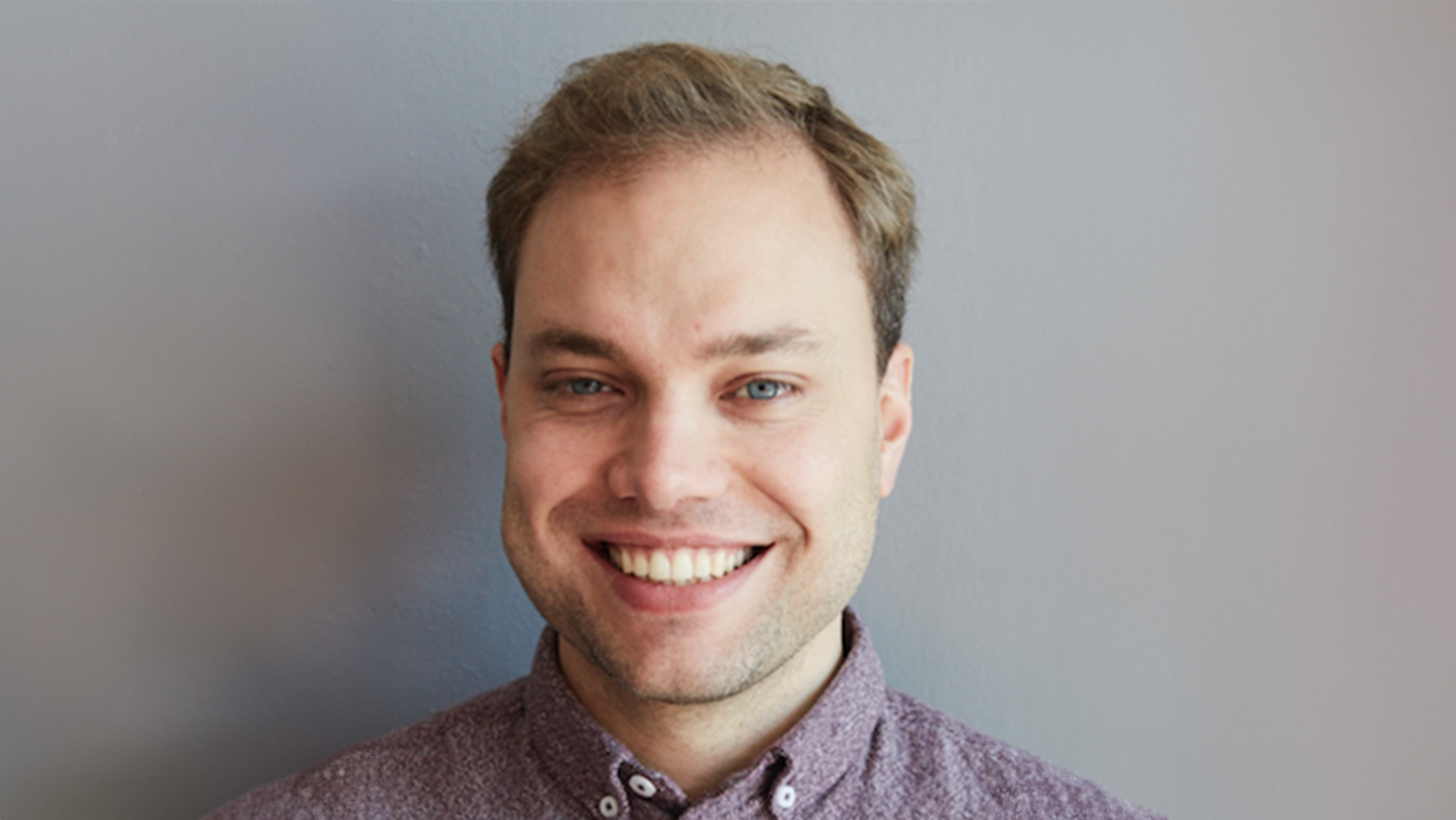 ©Lukas Hakelberg
©Lukas Hakelberg
Seraphia Heitmann
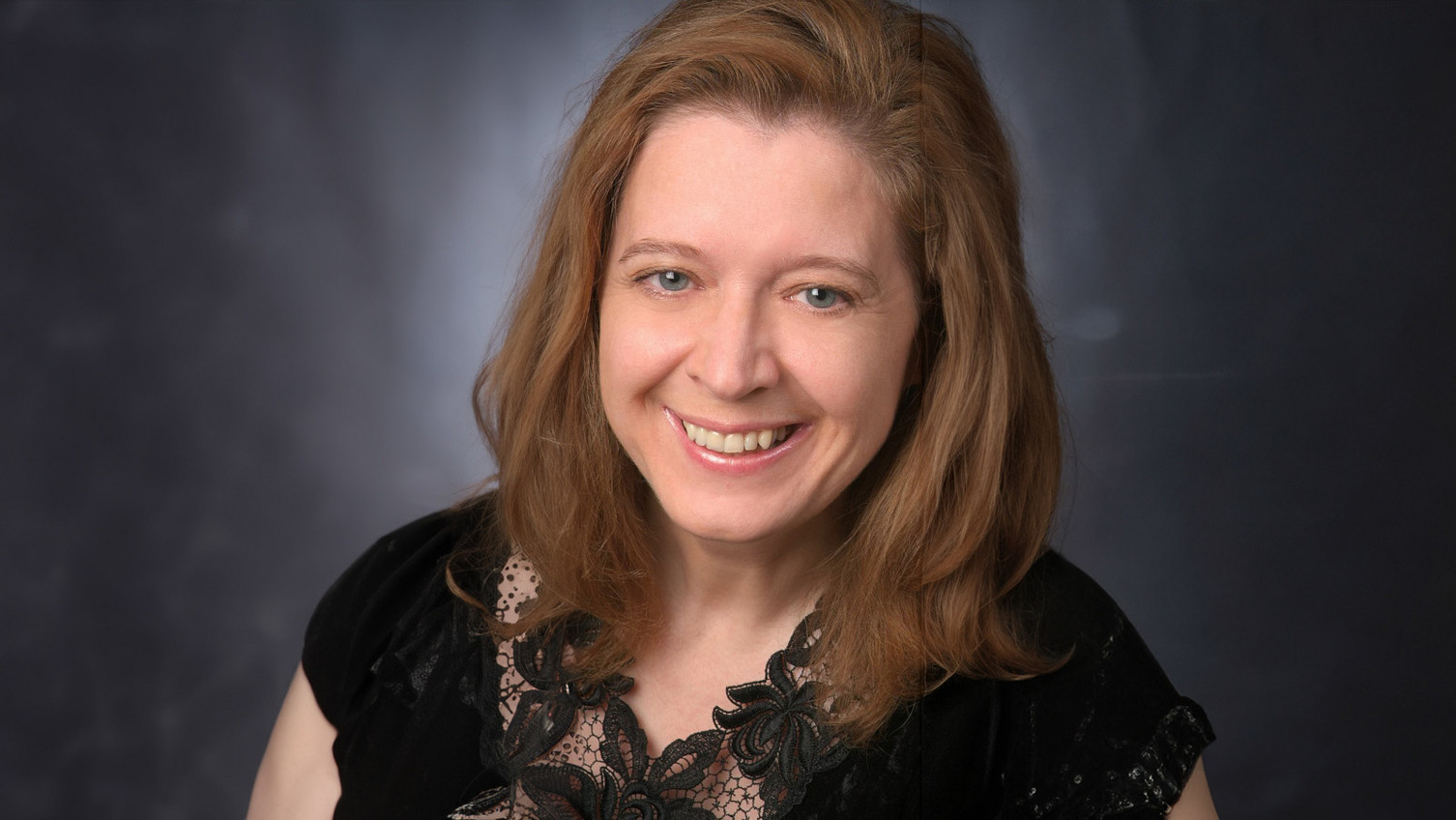 ©Seraphina Heitmann
©Seraphina Heitmann
Christine Heybl
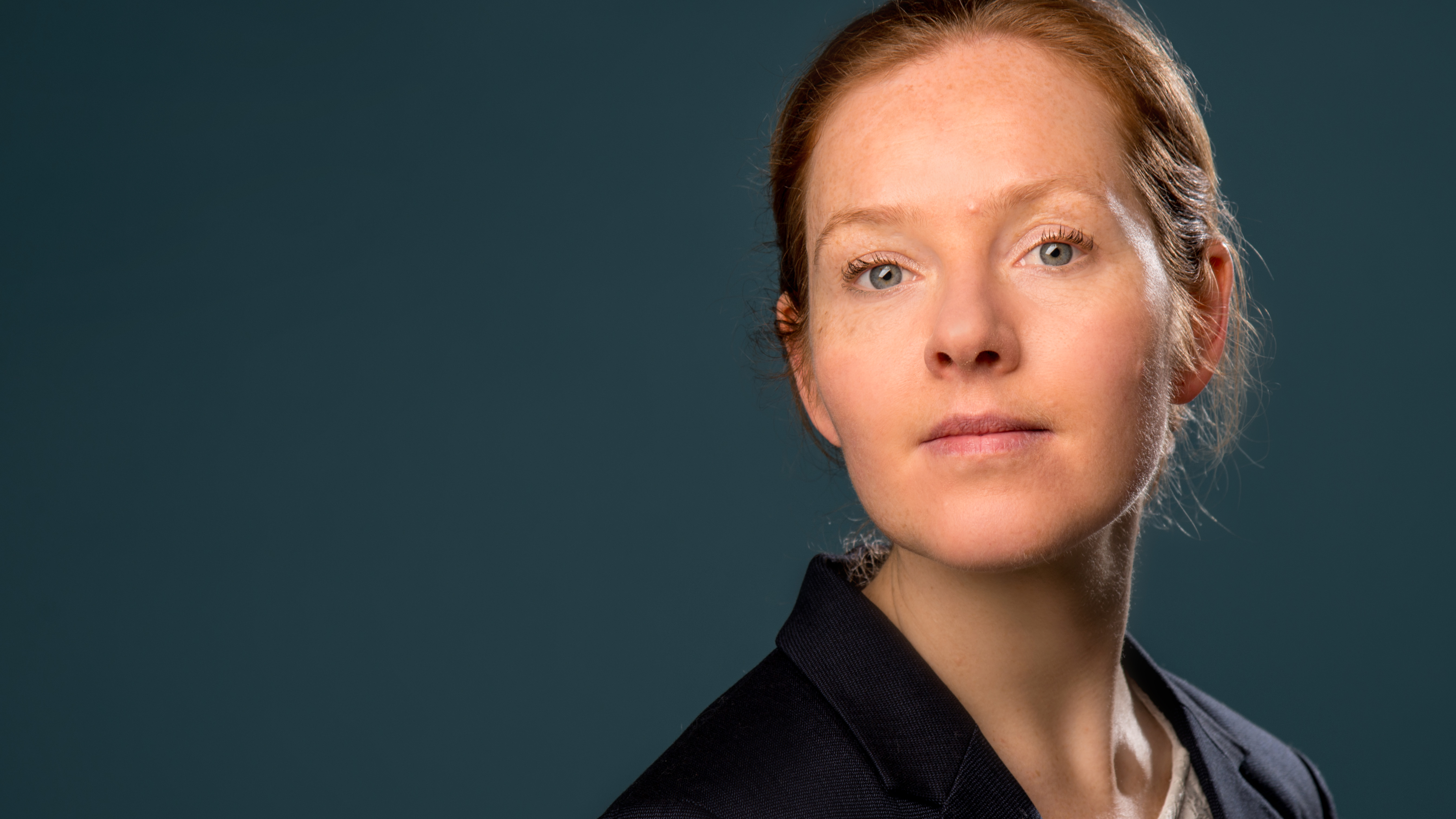 ©Christine Heybl
©Christine Heybl
Nike Hornbostel
 ©Nike Hornbostel
©Nike Hornbostel
Johannes Lohse
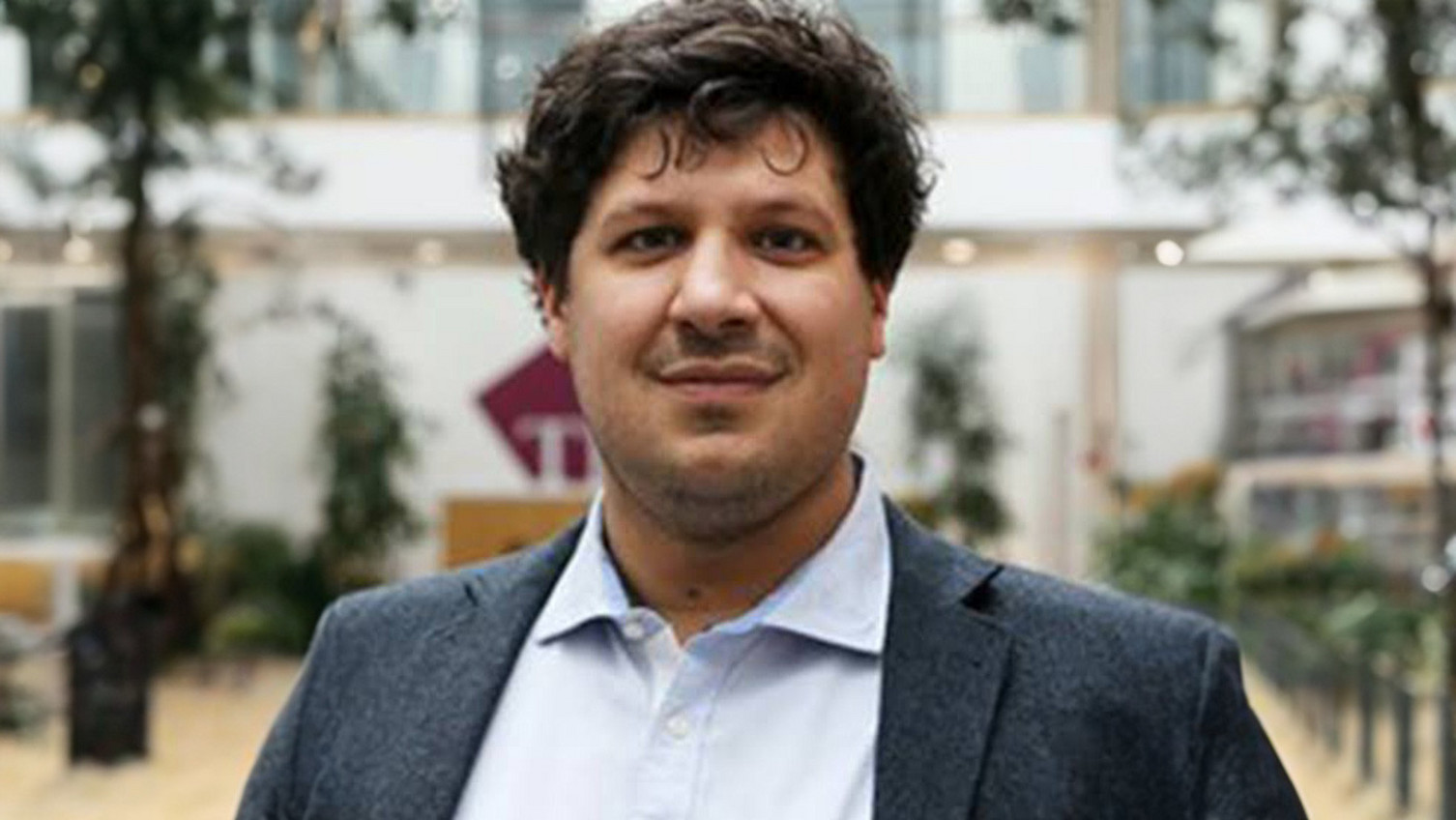 ©Johannes Lohse
©Johannes Lohse
Ilsemargret Luttmann
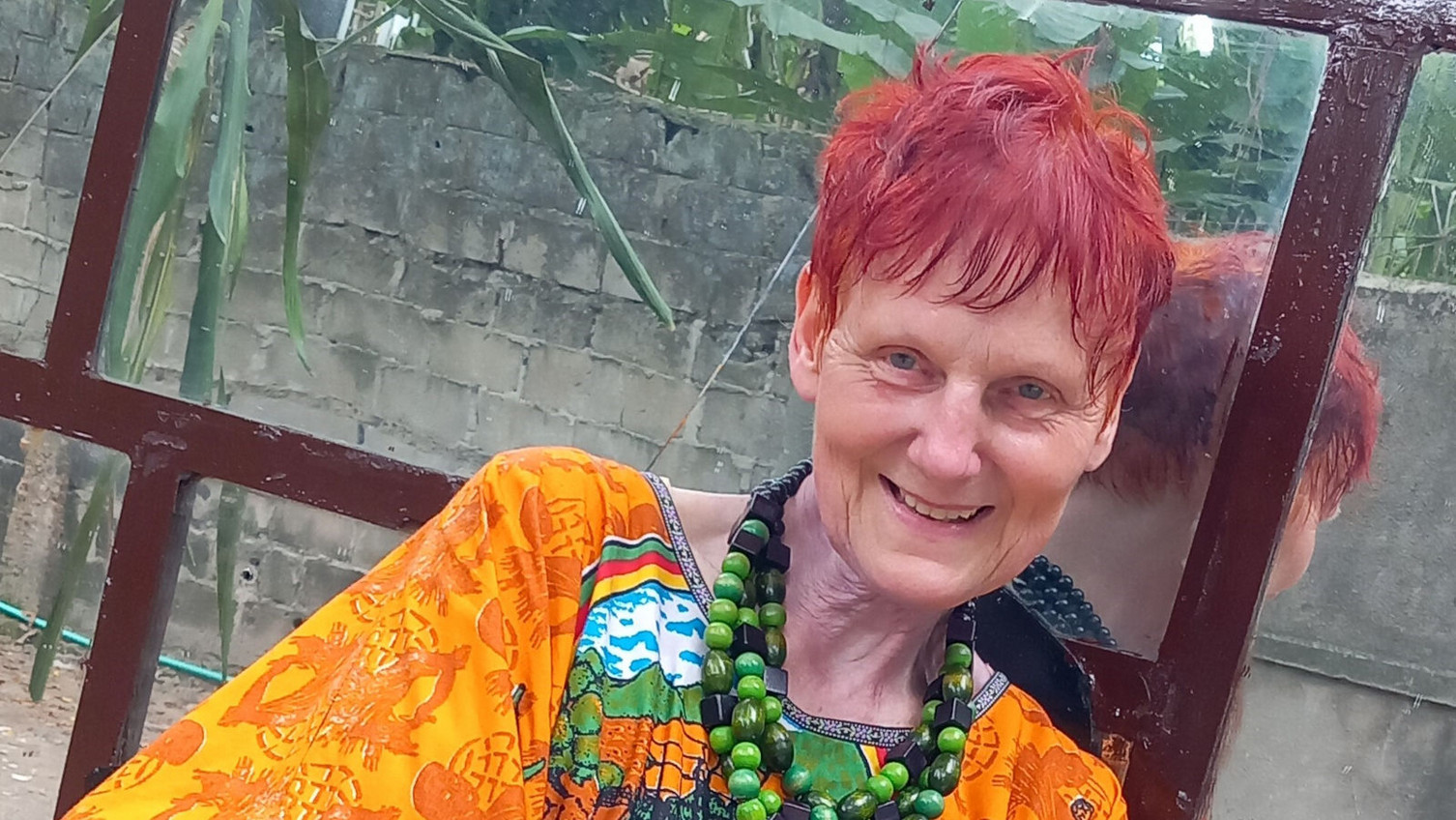 ©Ilsemargret Luttmann
©Ilsemargret Luttmann
Philipp Sandermann
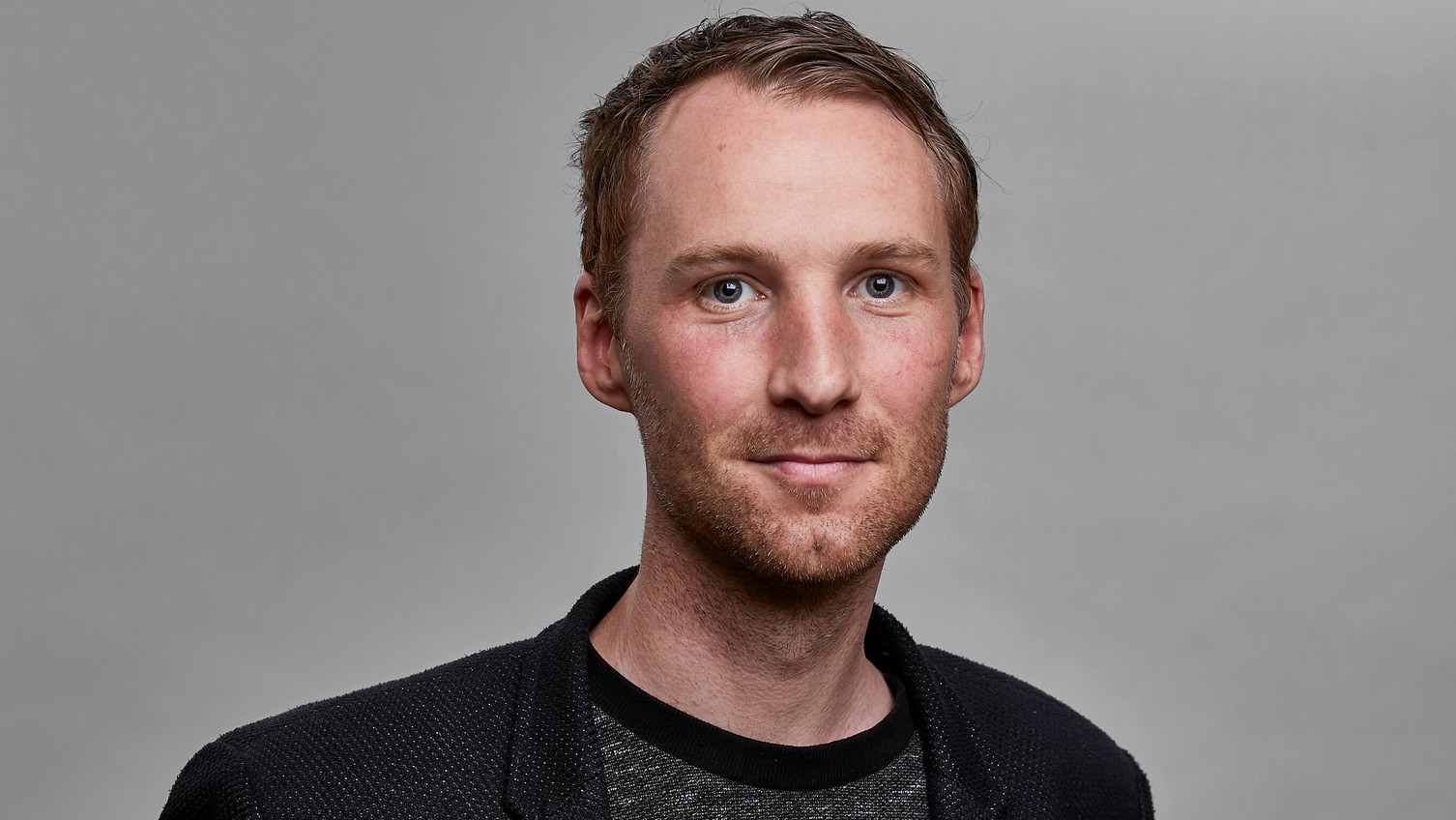 ©Leuphana/Brinkhoff/Mögenburg
©Leuphana/Brinkhoff/Mögenburg
Anna Sawallisch
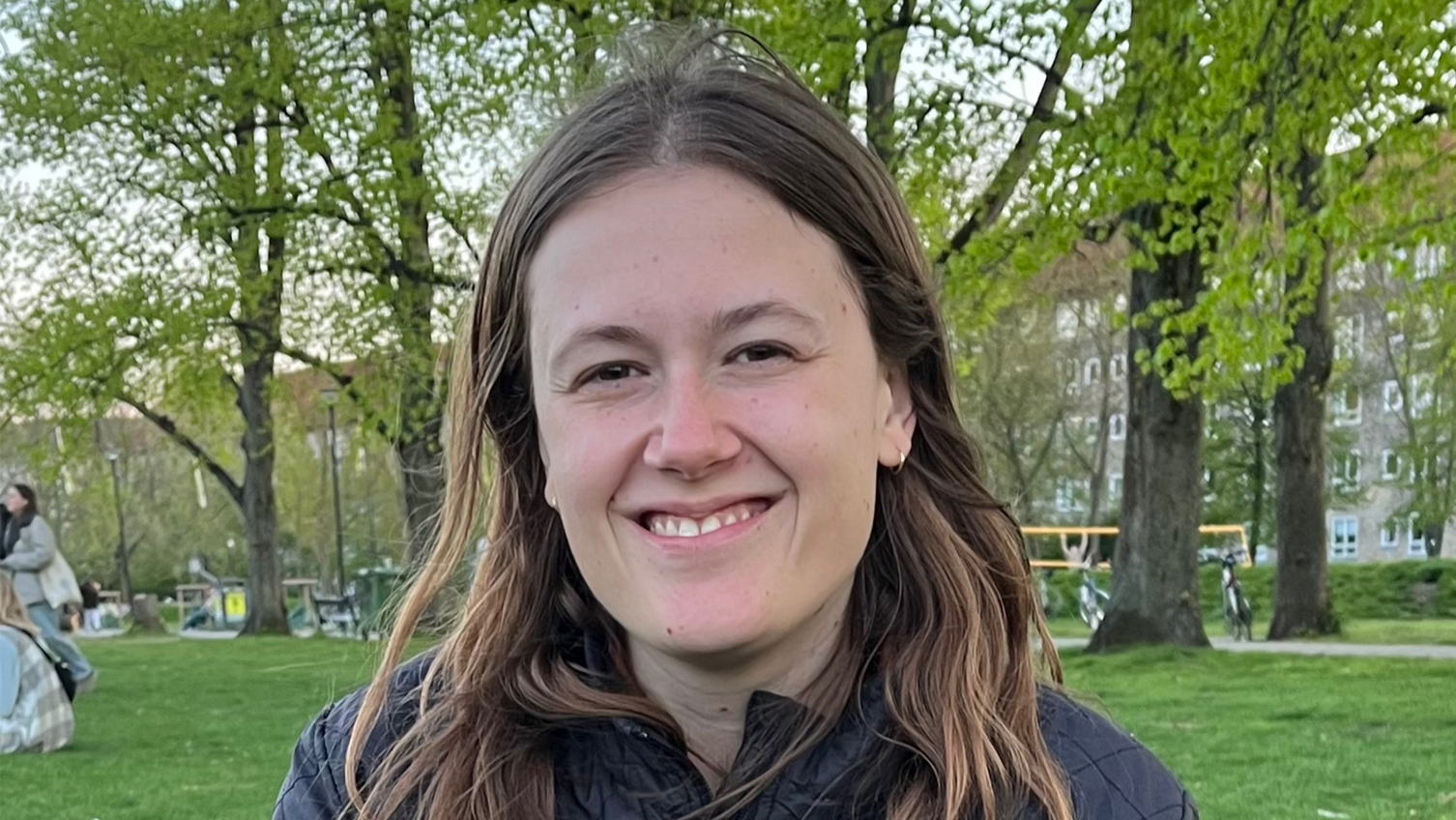 ©Anna Sawallisch
©Anna Sawallisch
Valentin Schatz
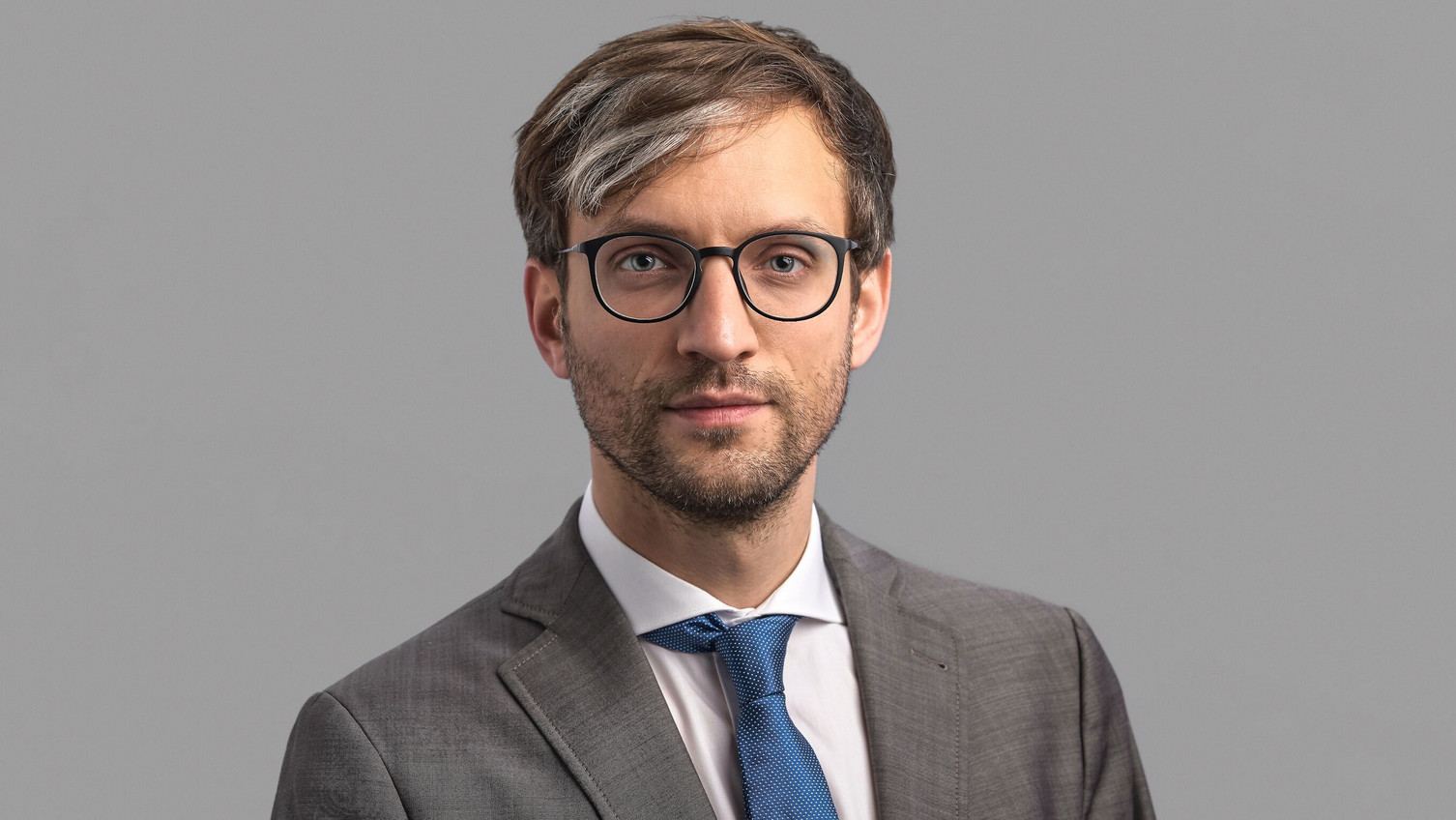 ©Brinkhoff-Moegenburg/Leuphana
©Brinkhoff-Moegenburg/Leuphana
Birte Siem
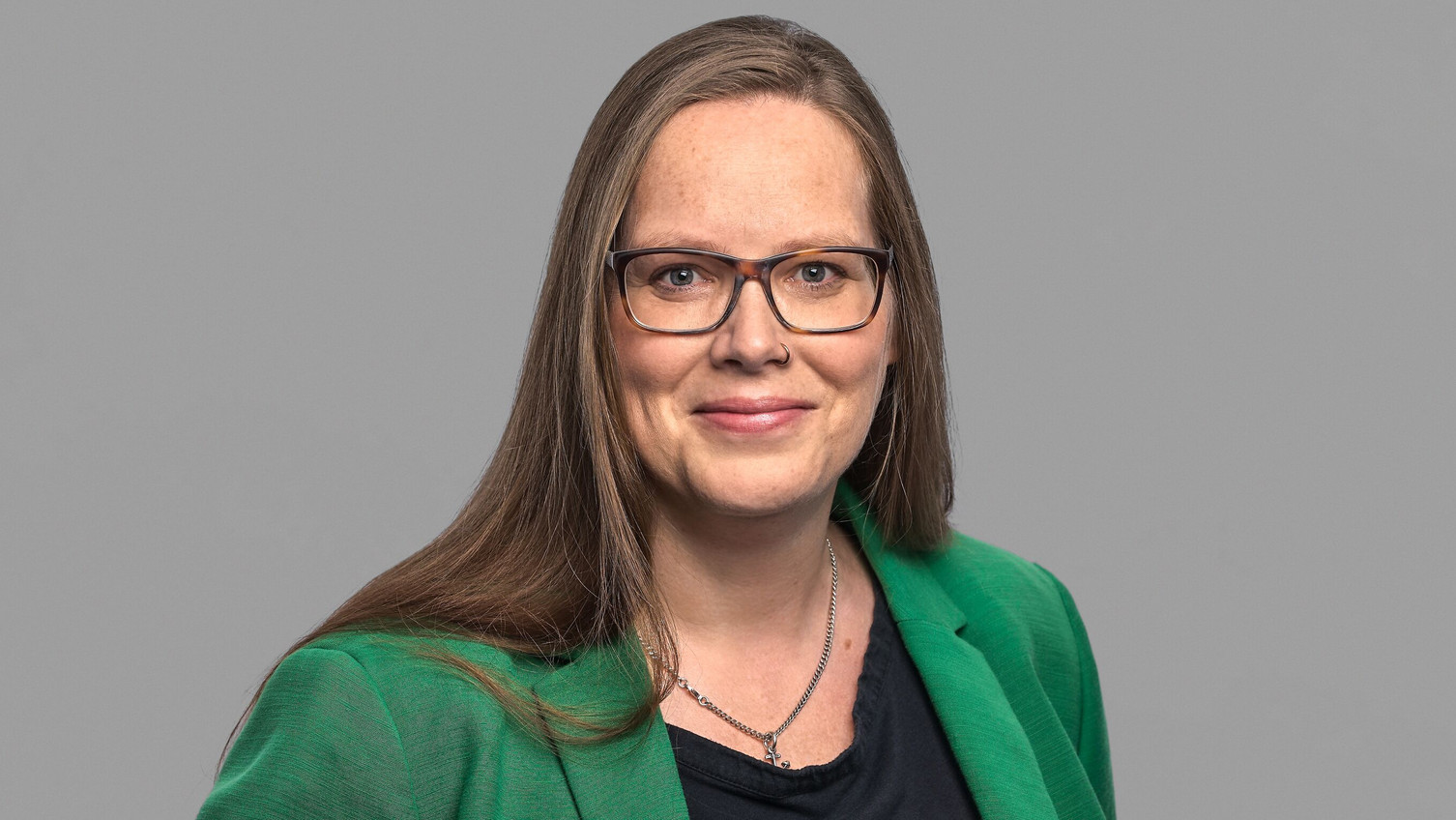 ©Brinkhoff-Moegenburg/Leuphana
©Brinkhoff-Moegenburg/Leuphana
Charlotte von Wulffen
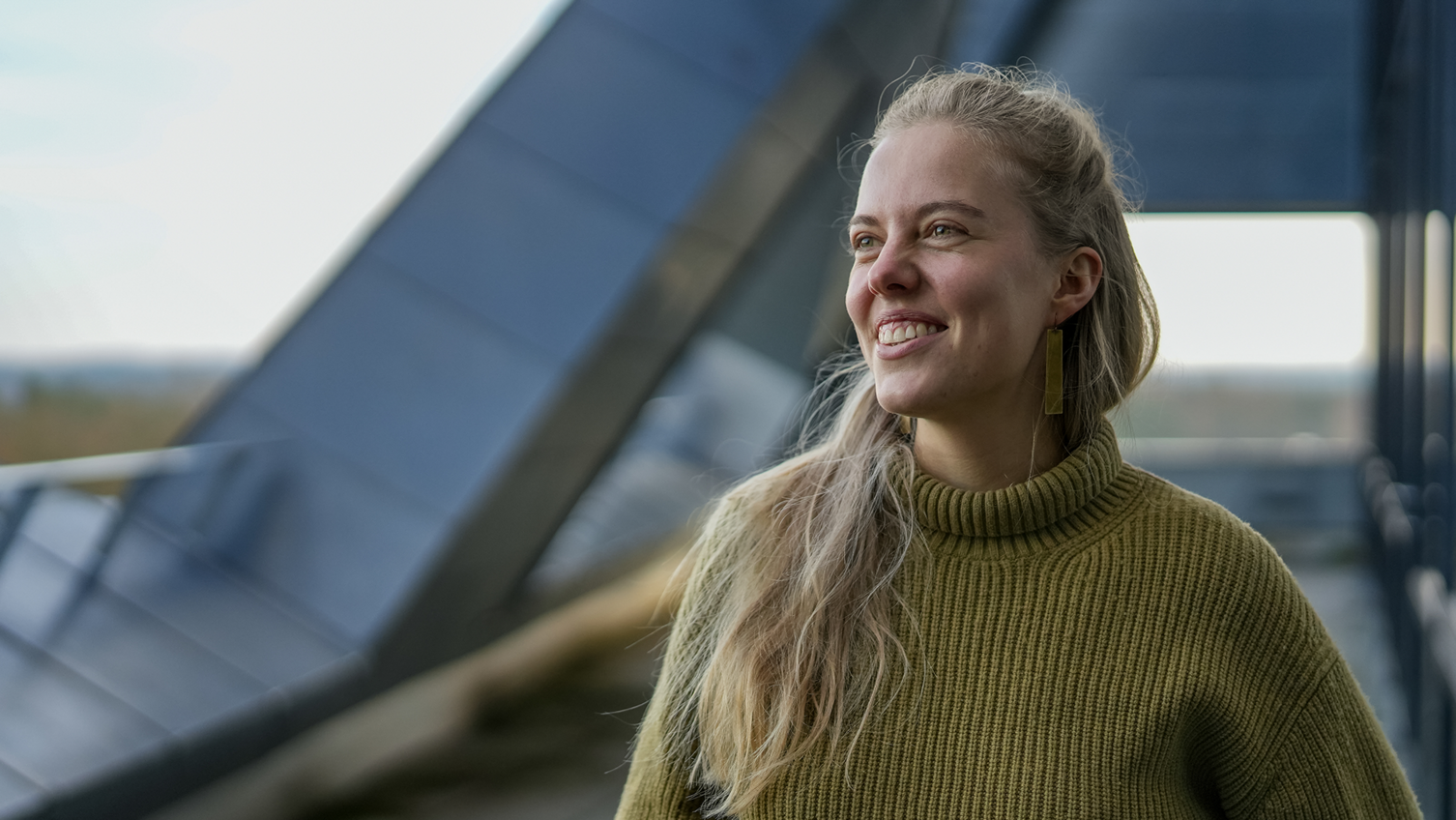 ©Leuphana Universität
©Leuphana Universität
Natascha Zaun
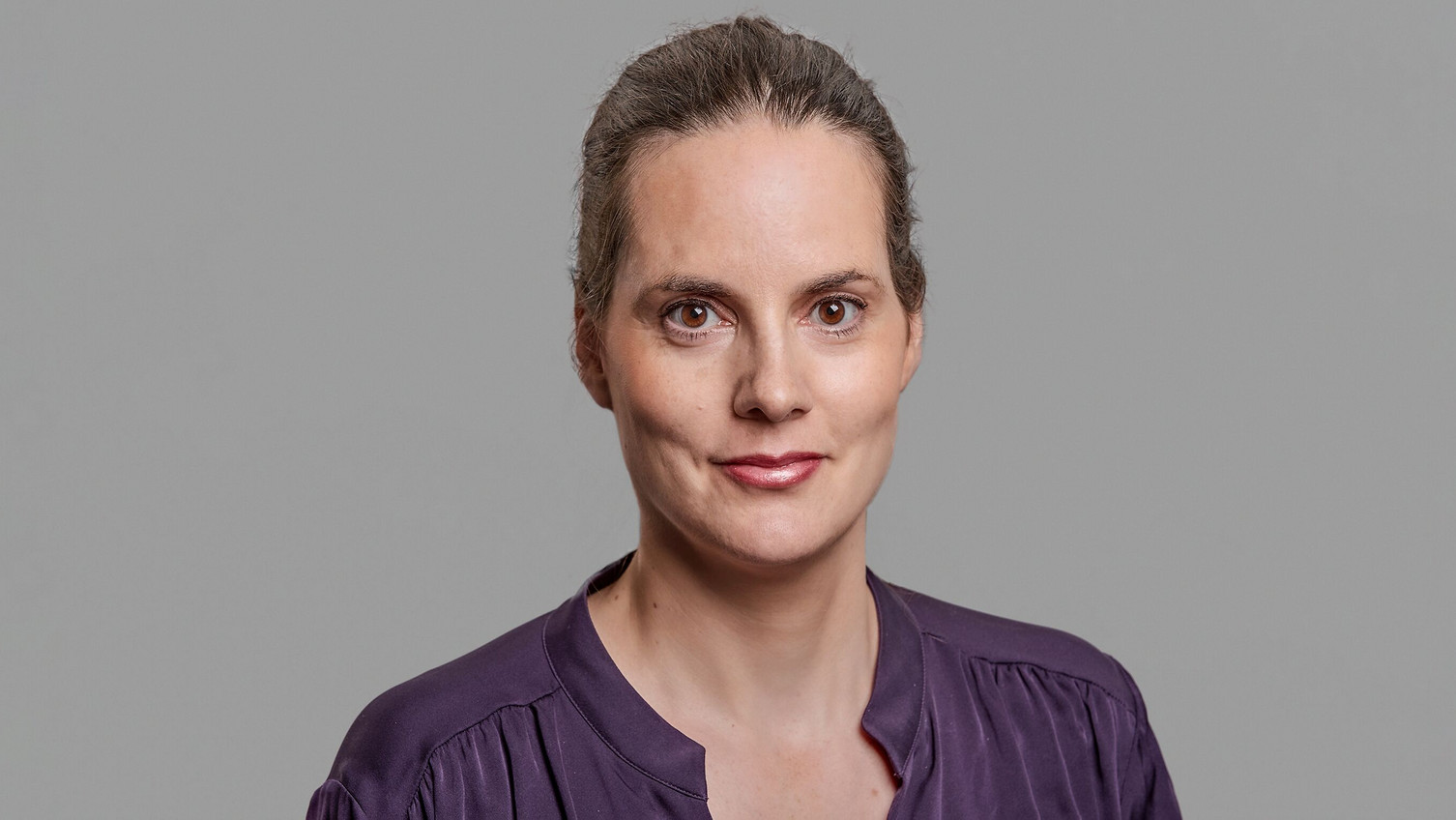 ©Brinkhoff-Moegenburg/Leuphana
©Brinkhoff-Moegenburg/Leuphana
